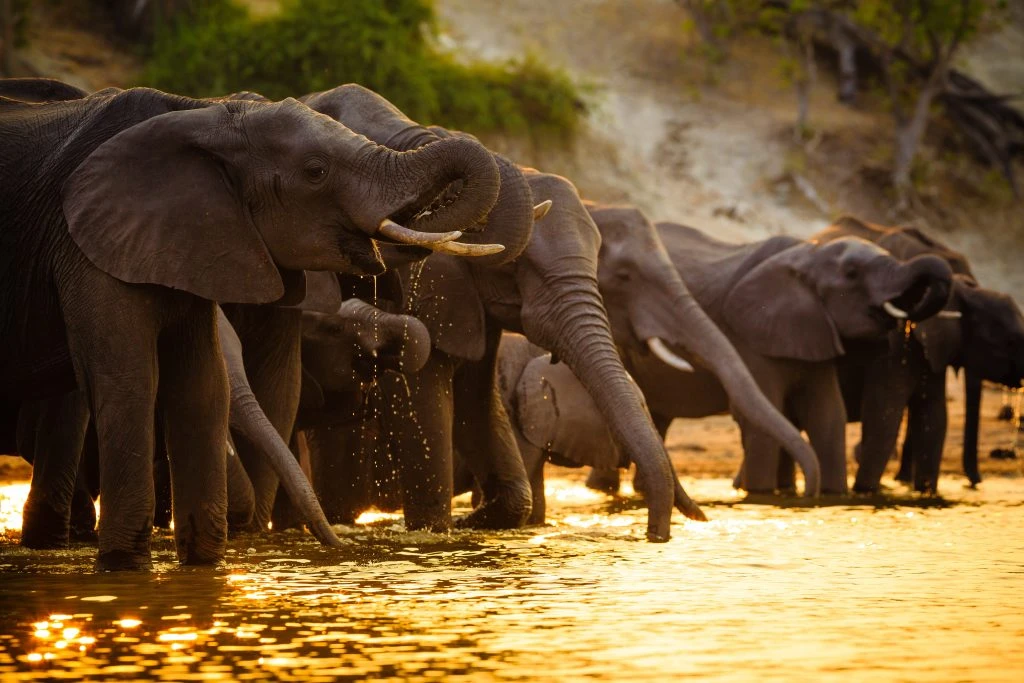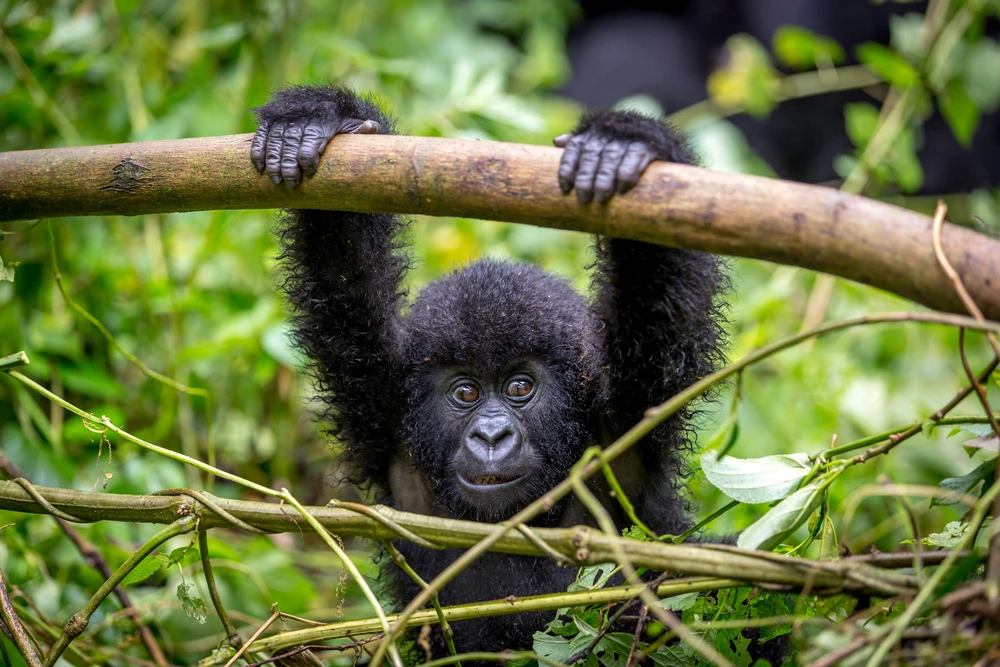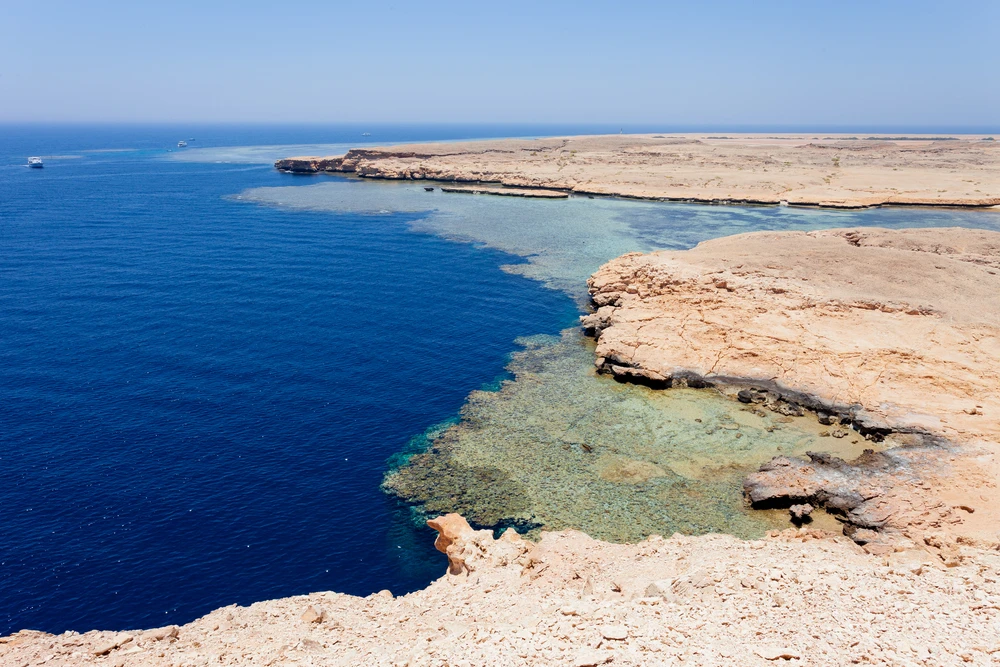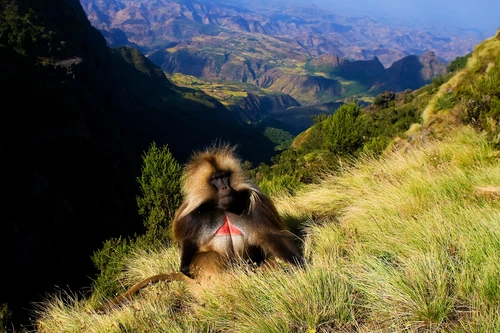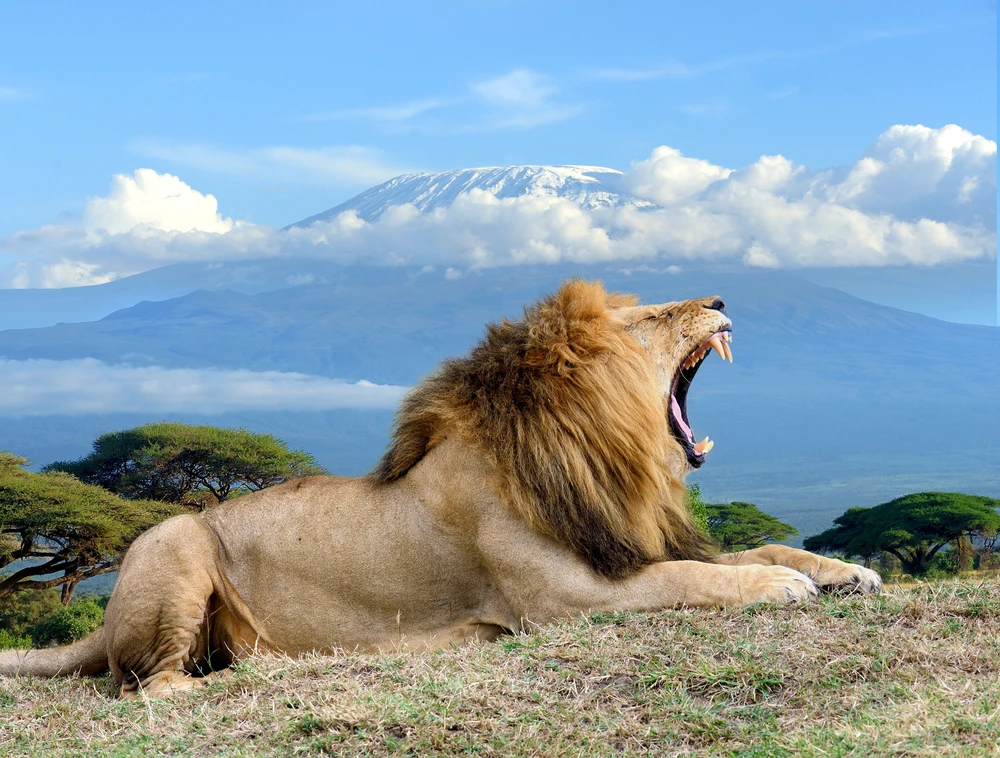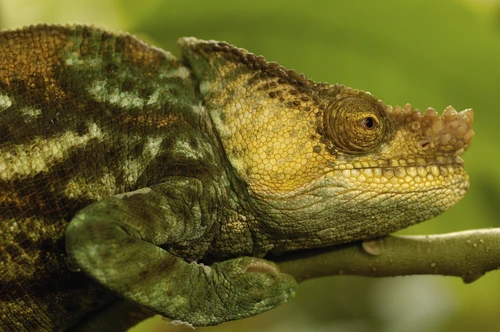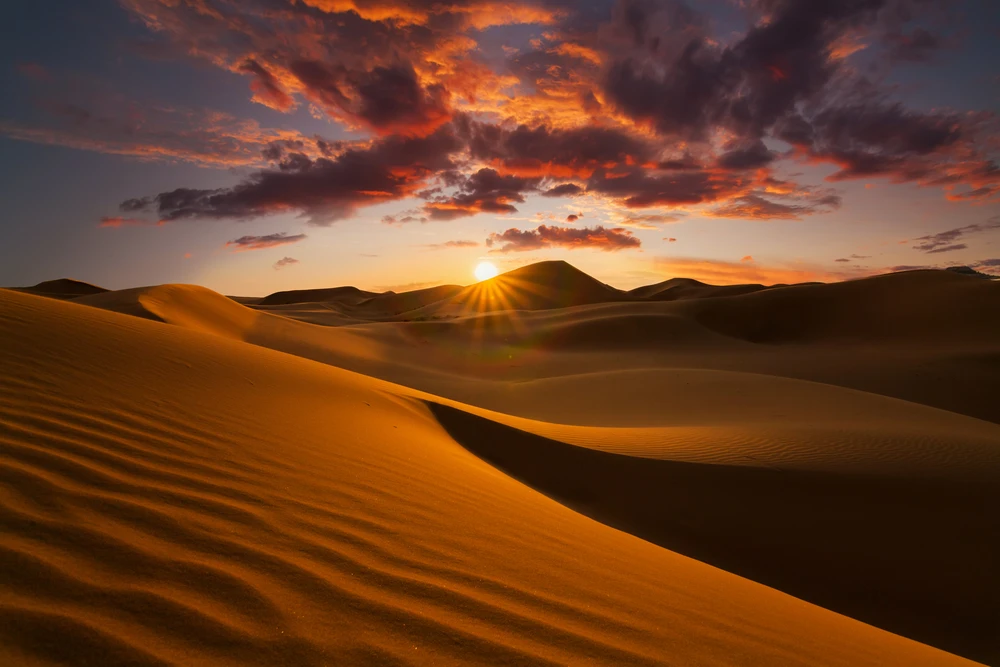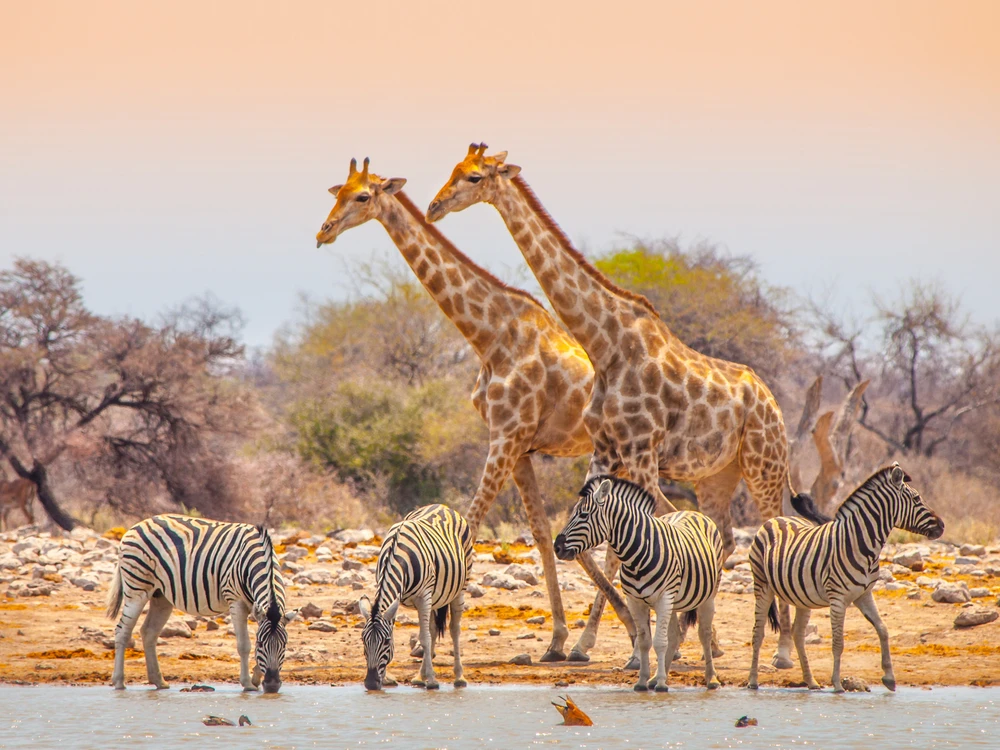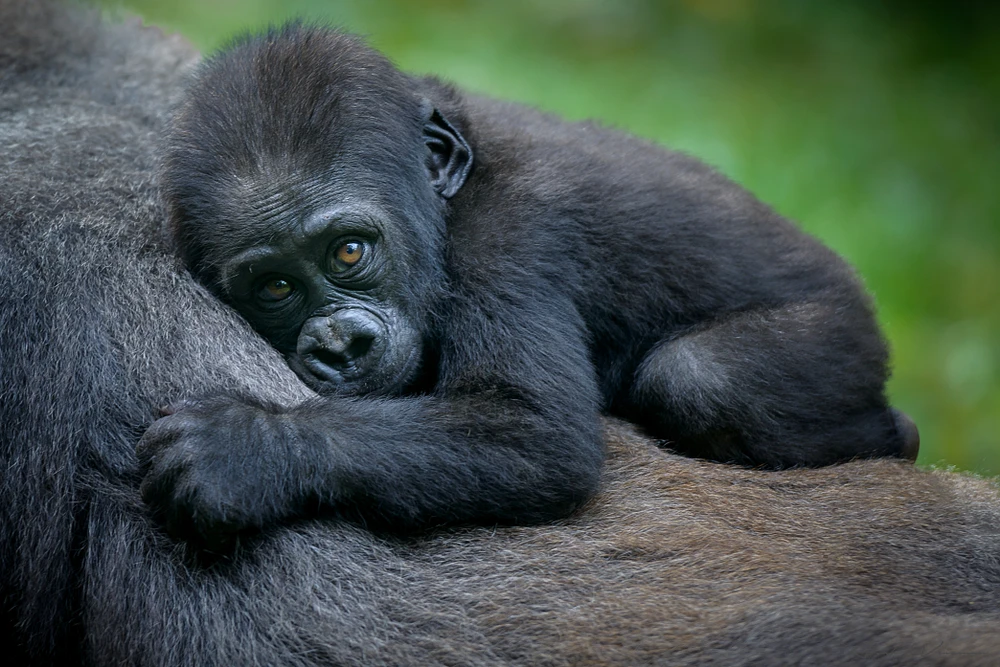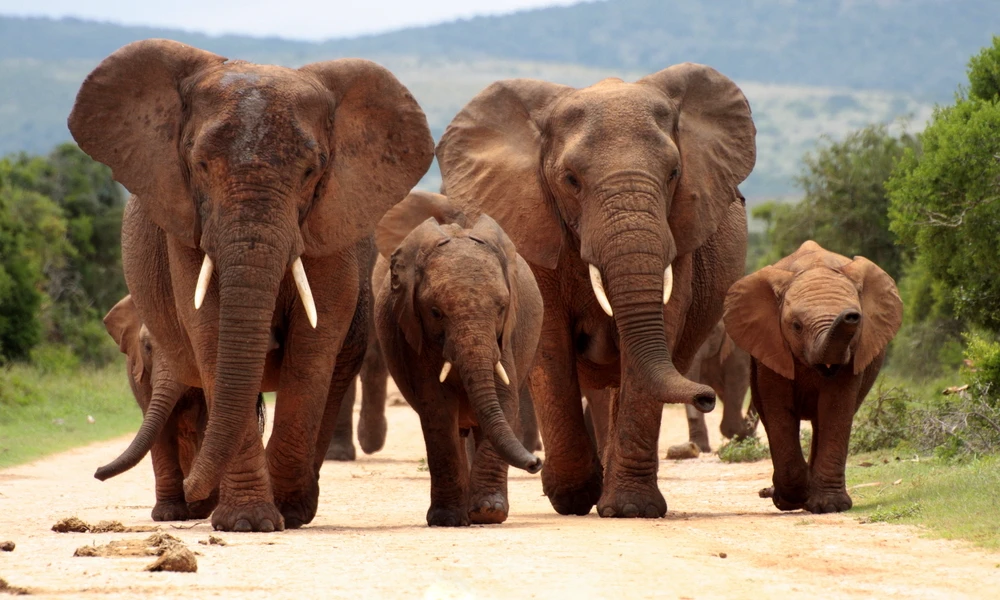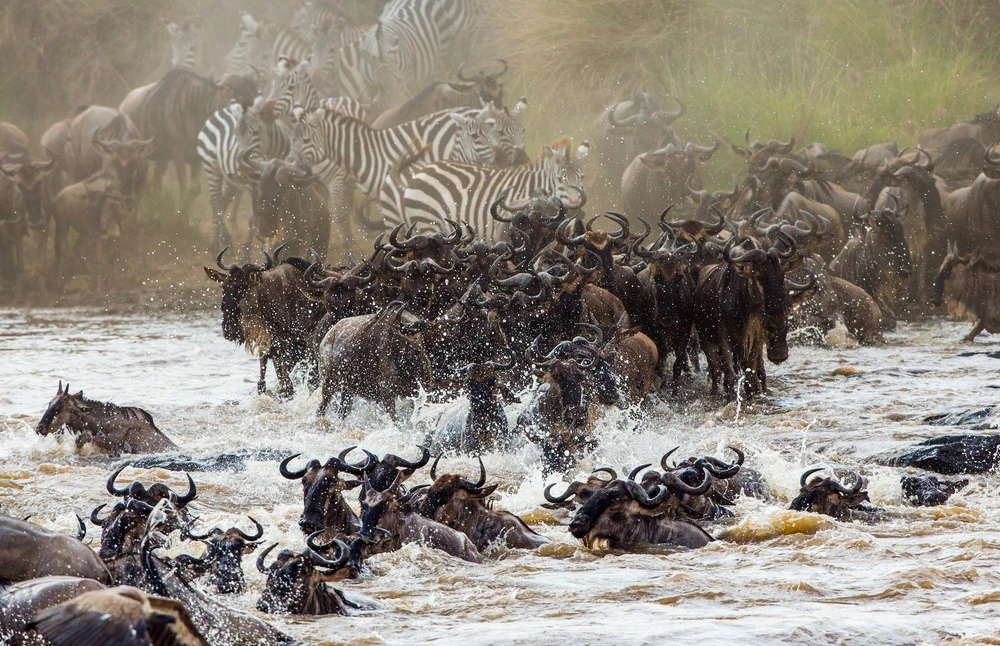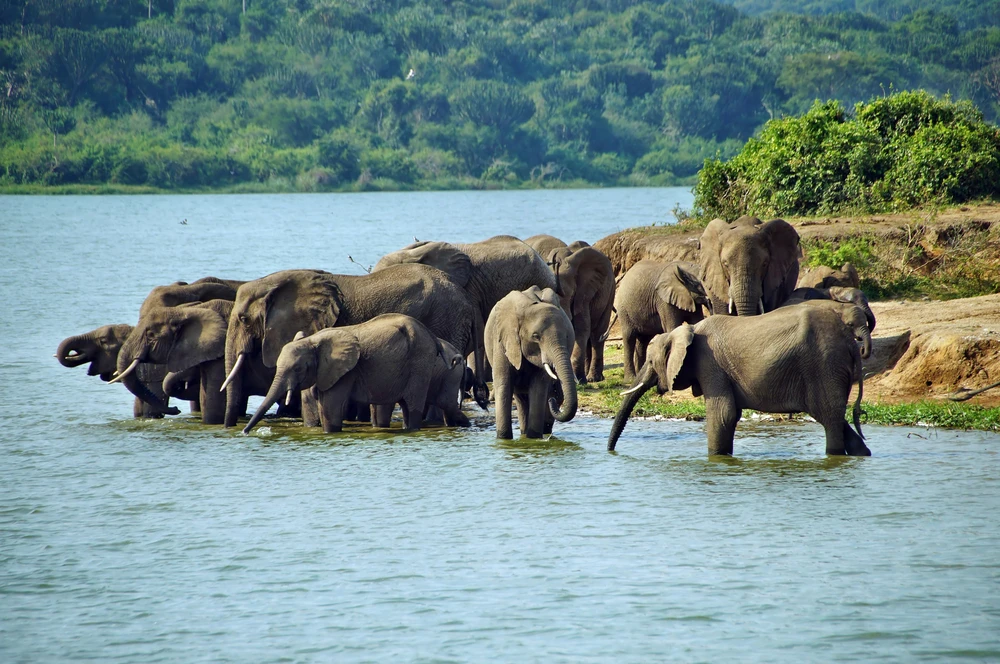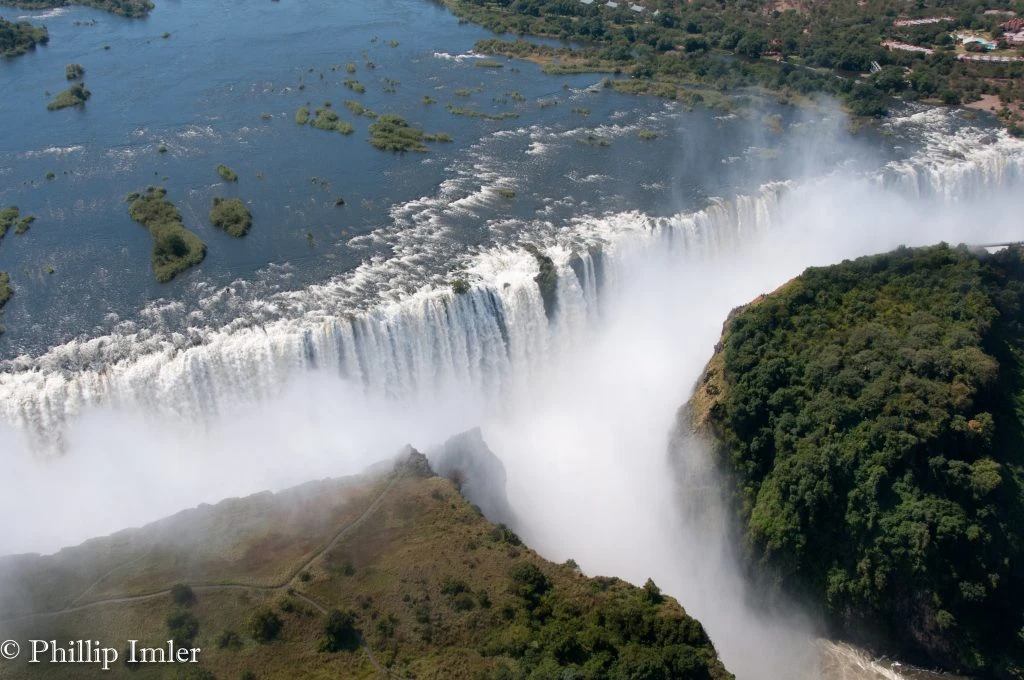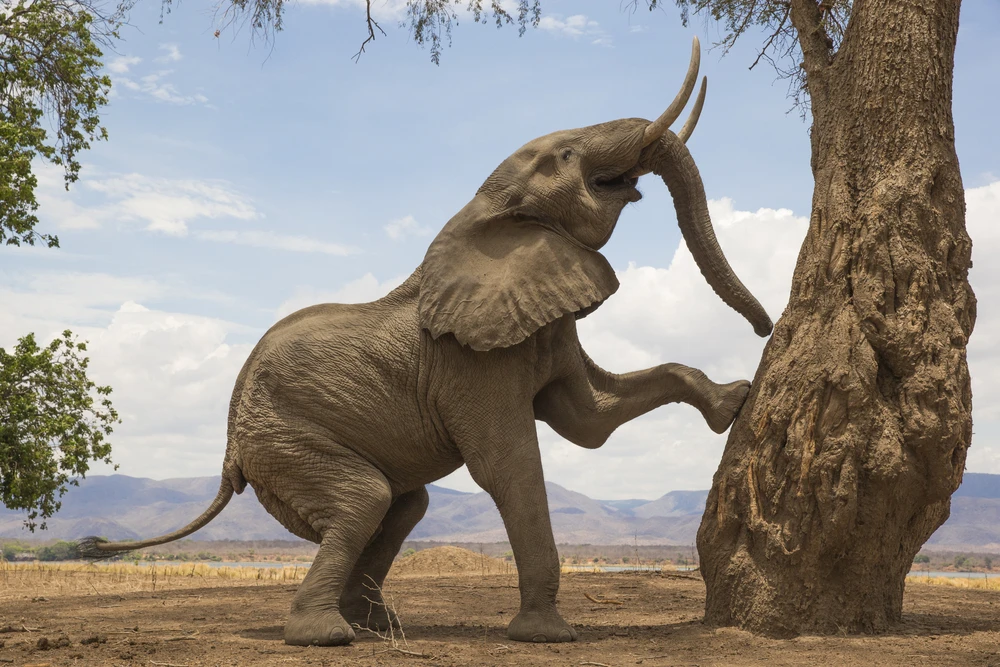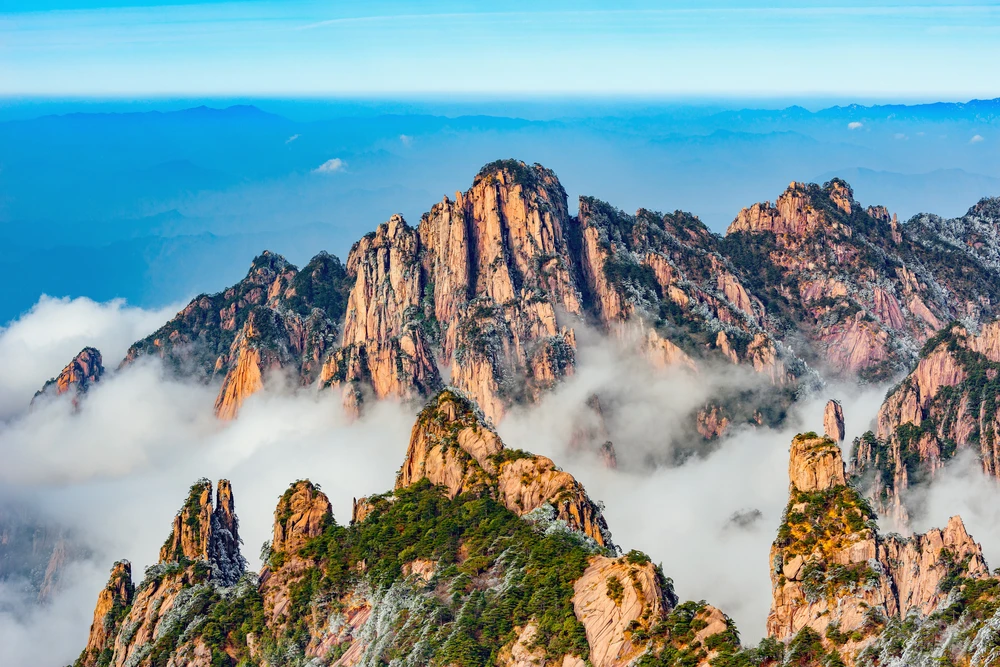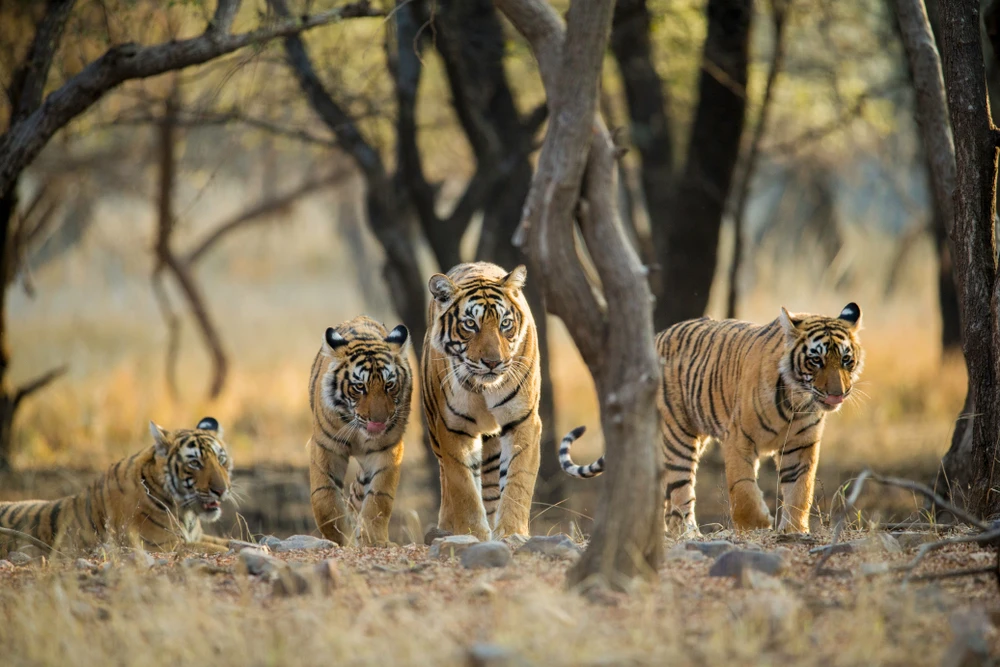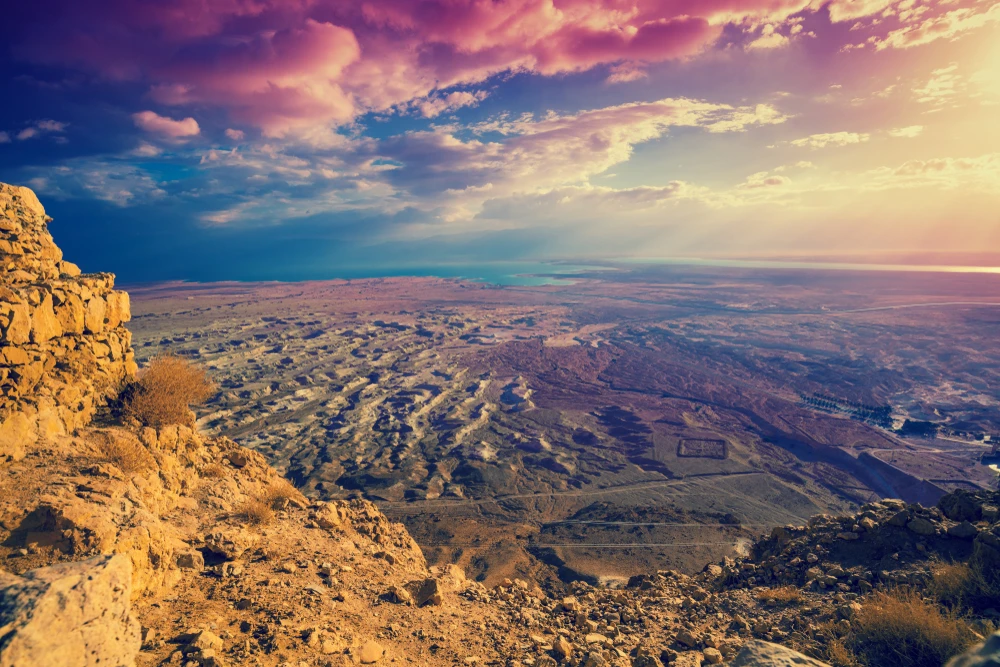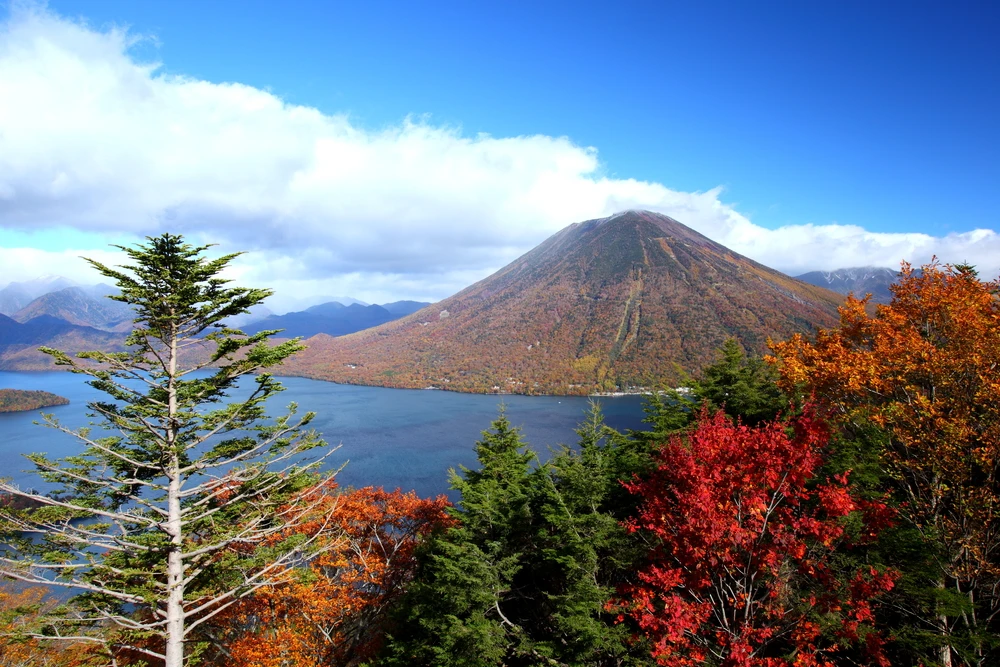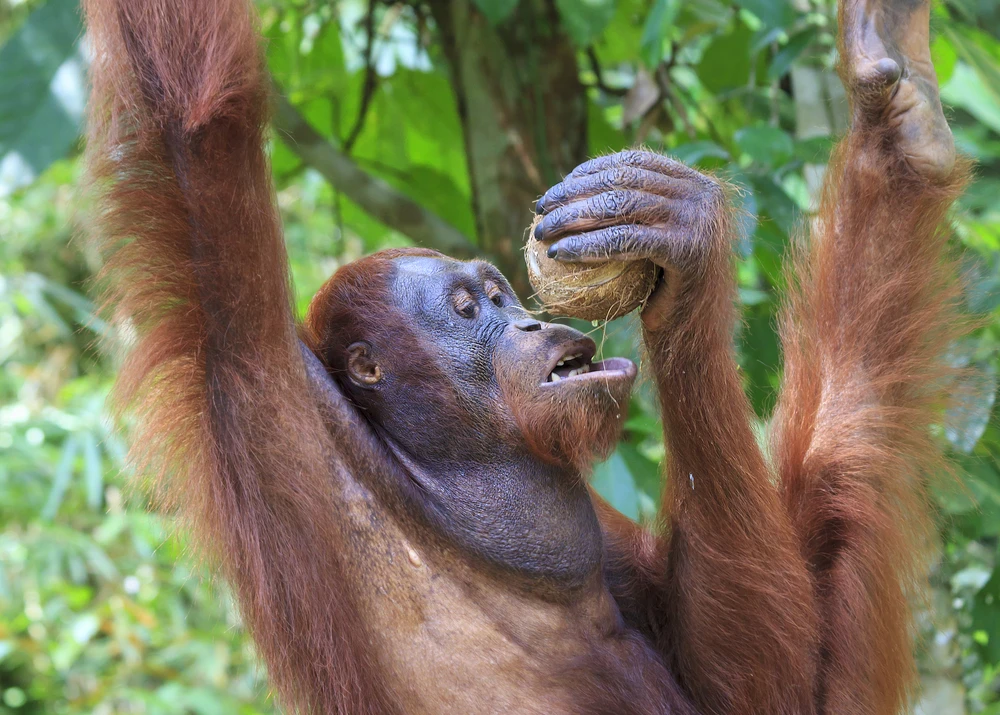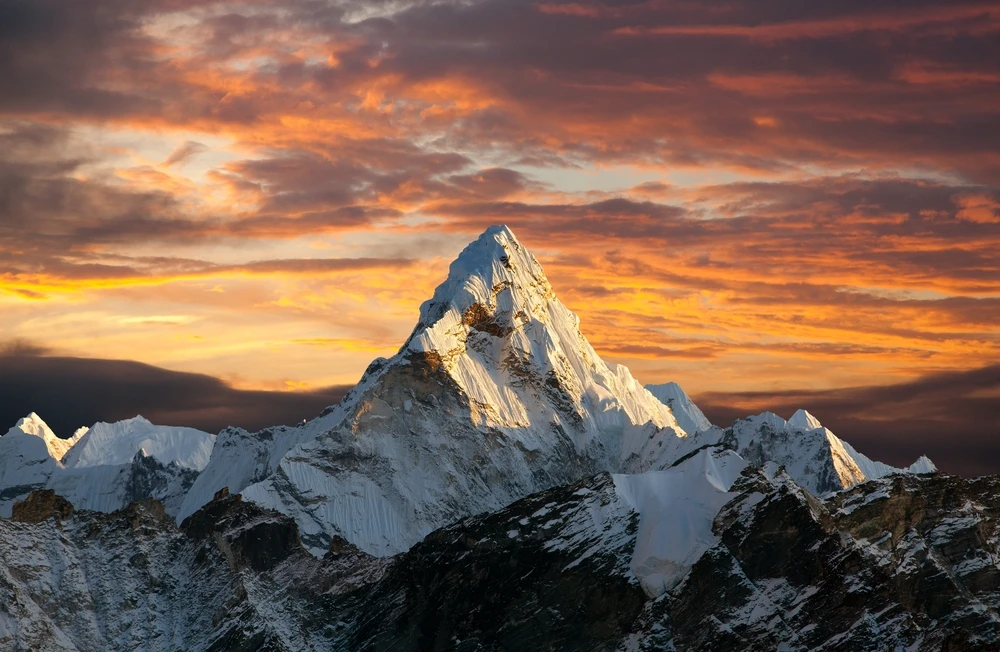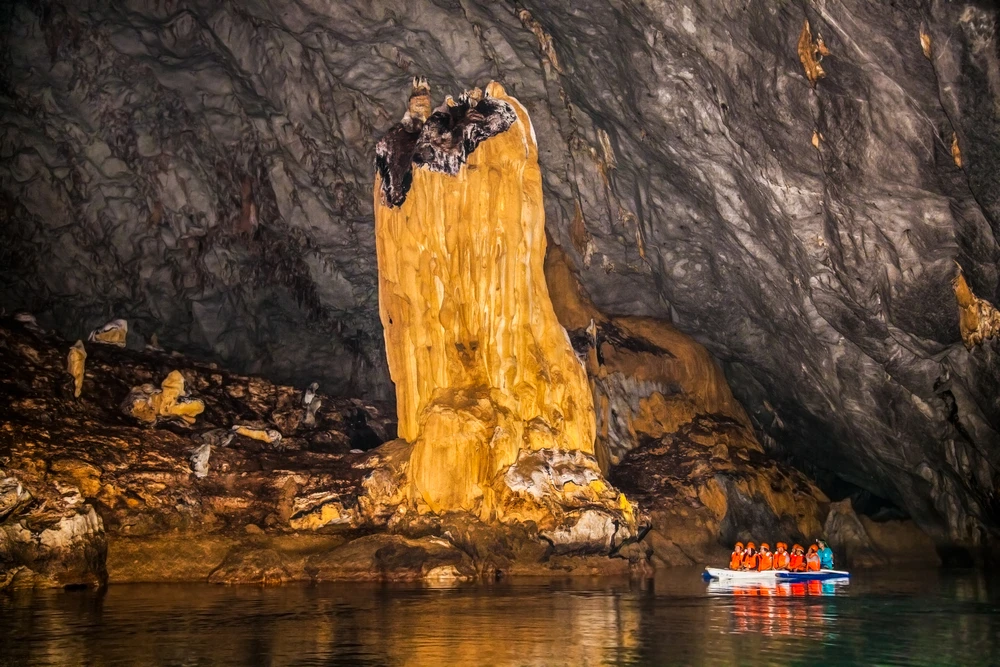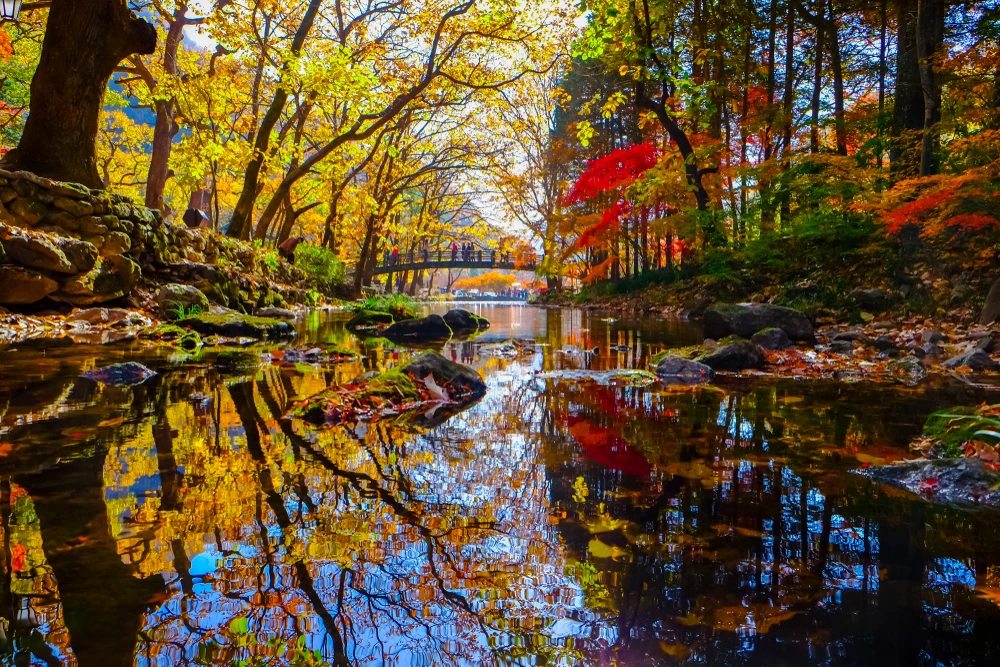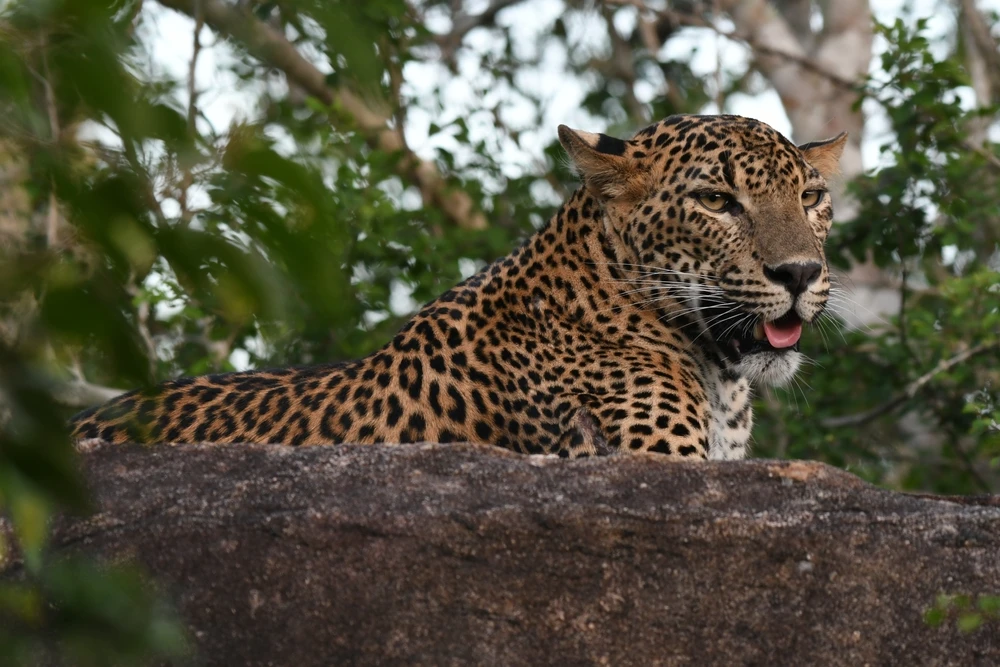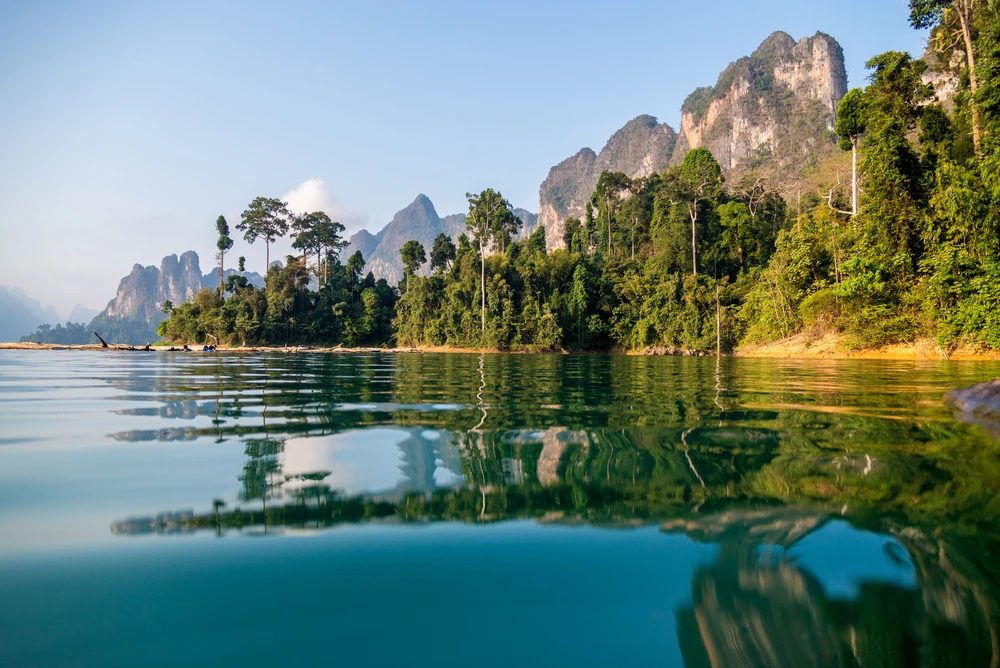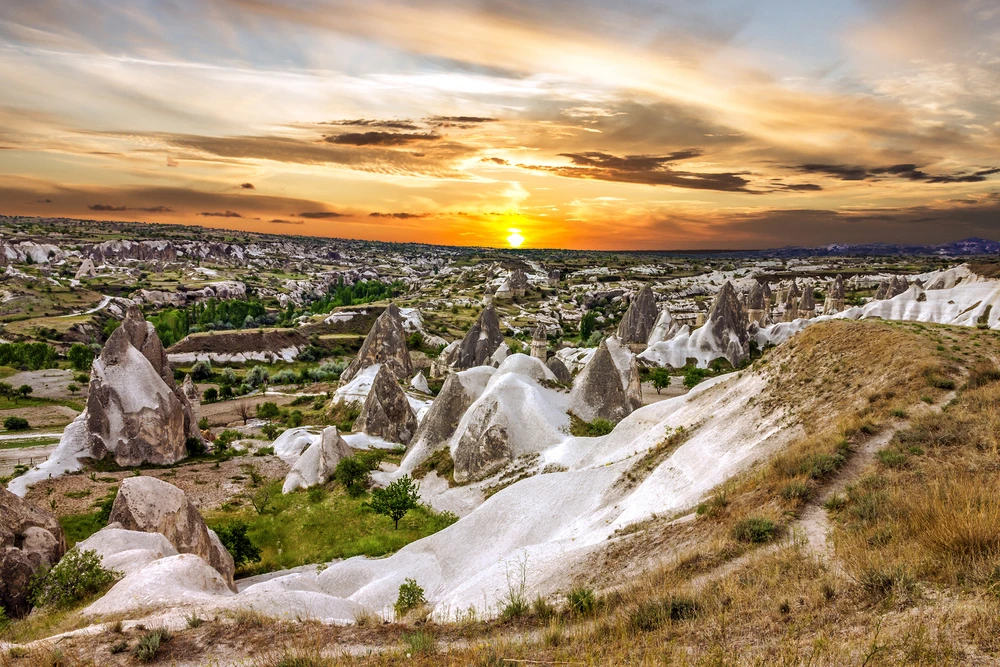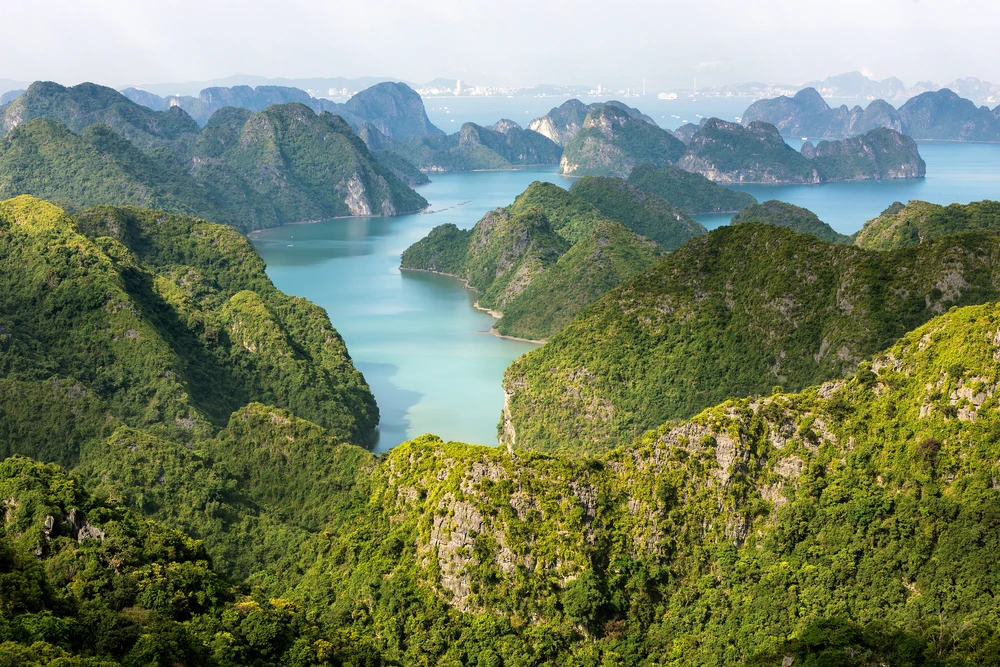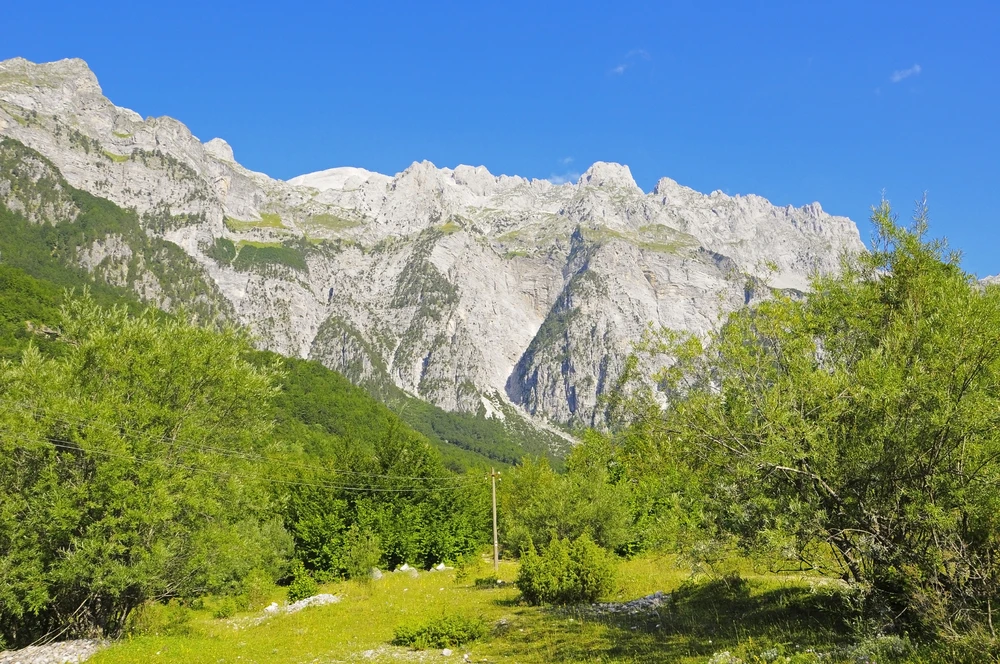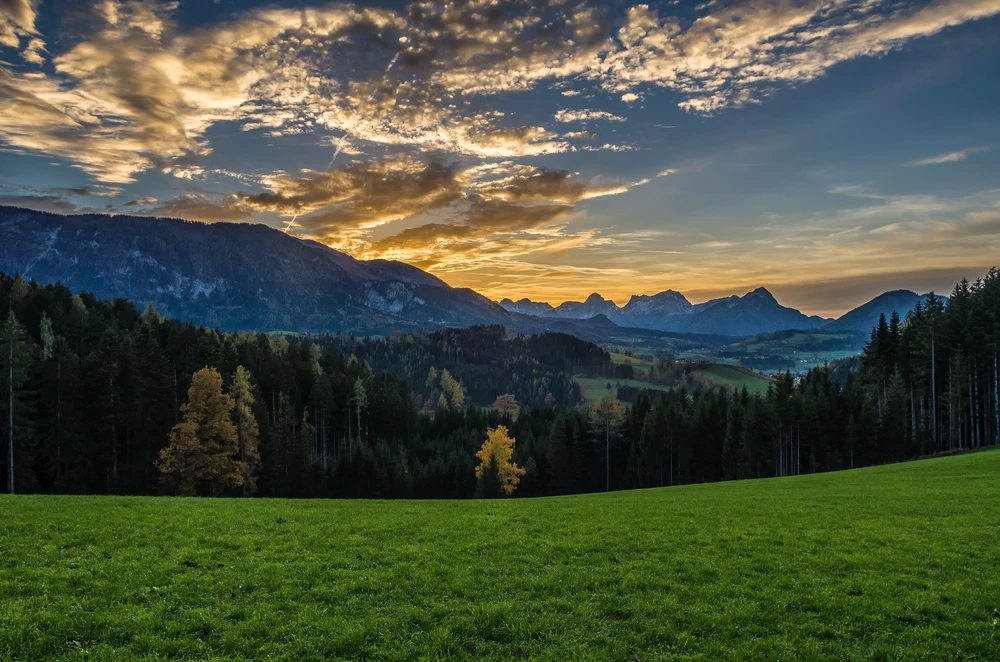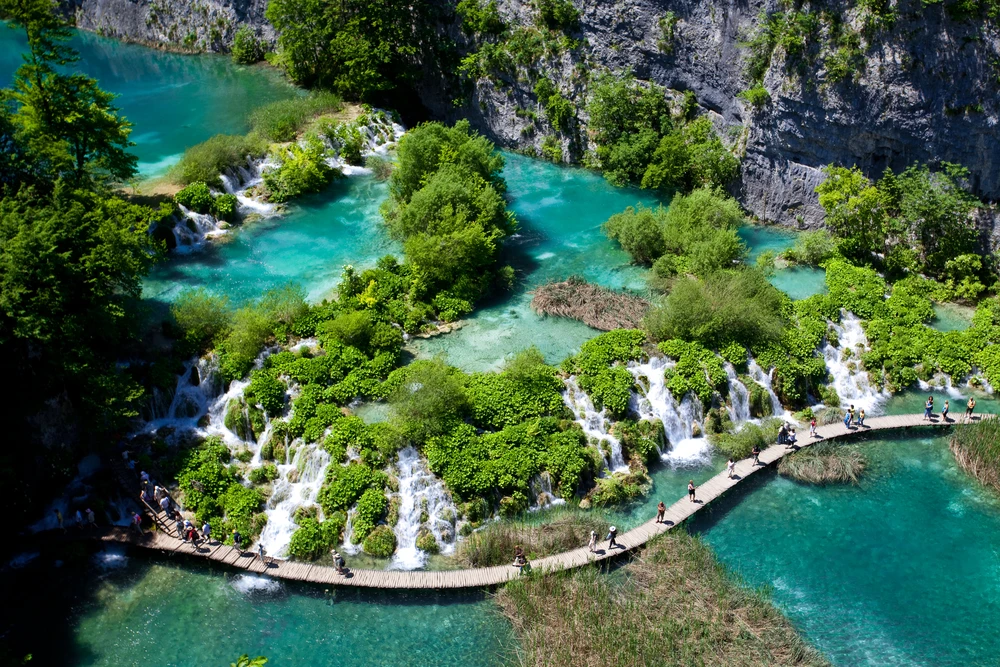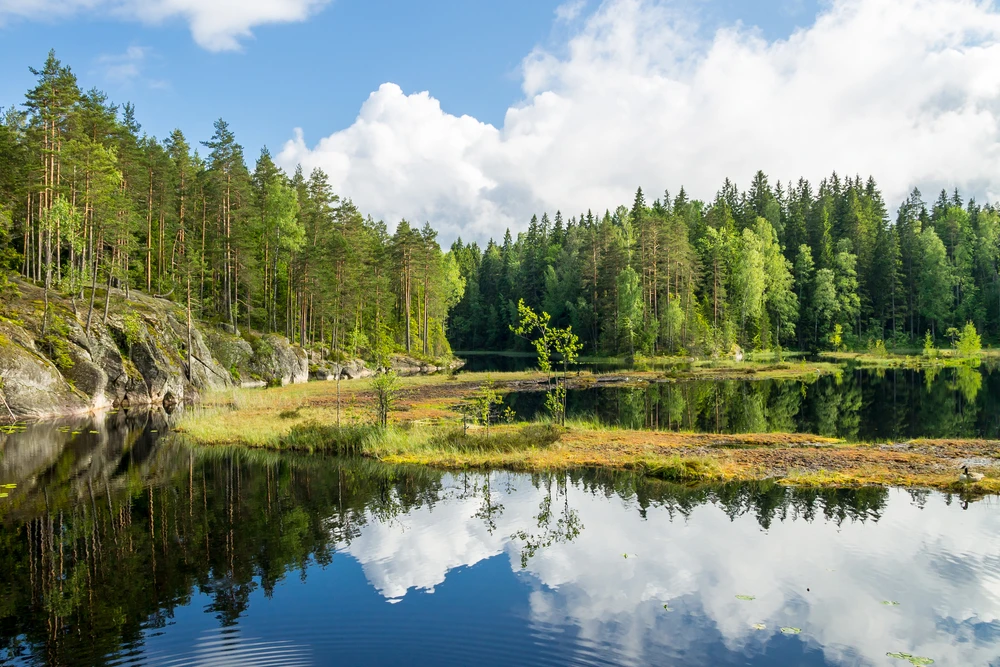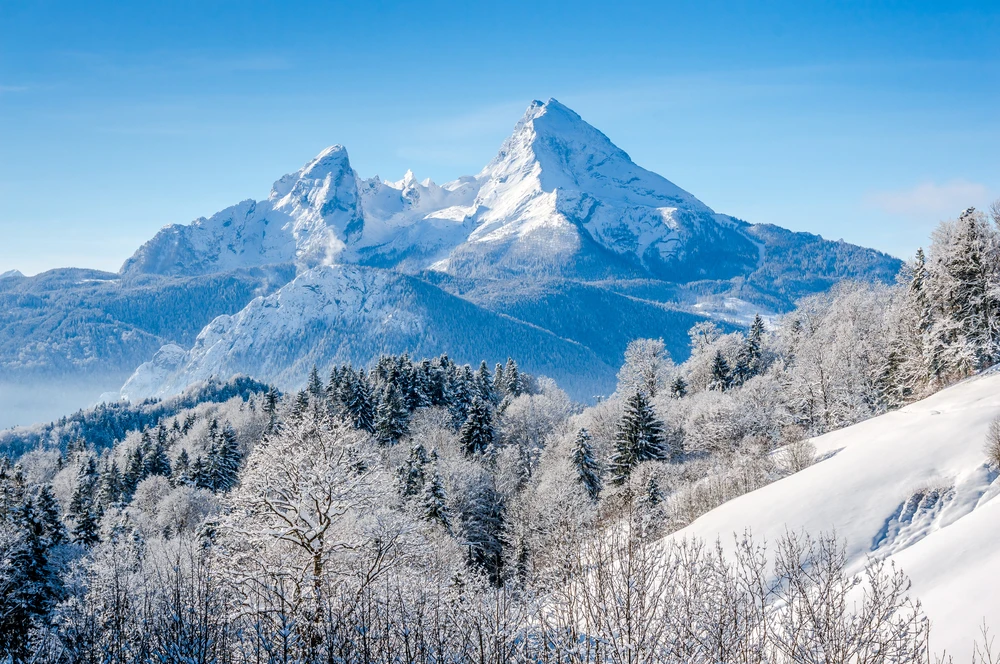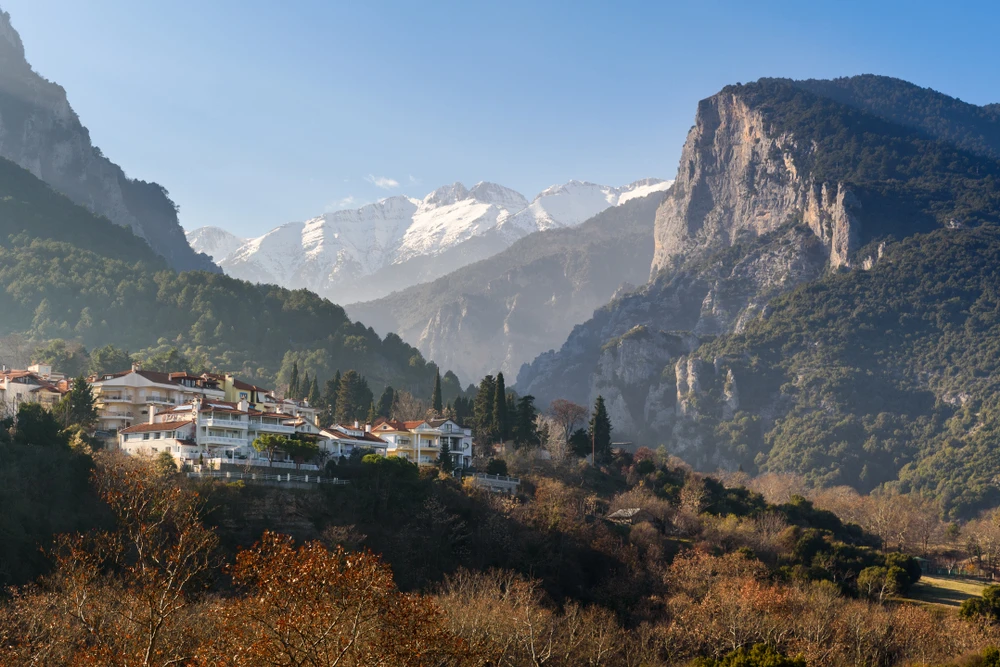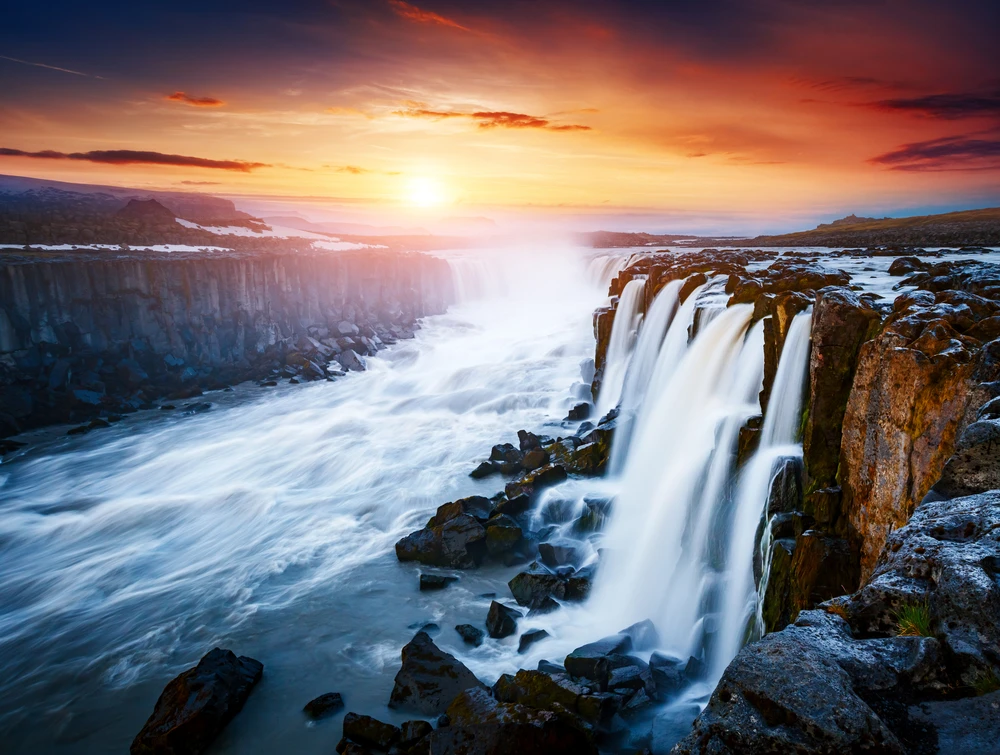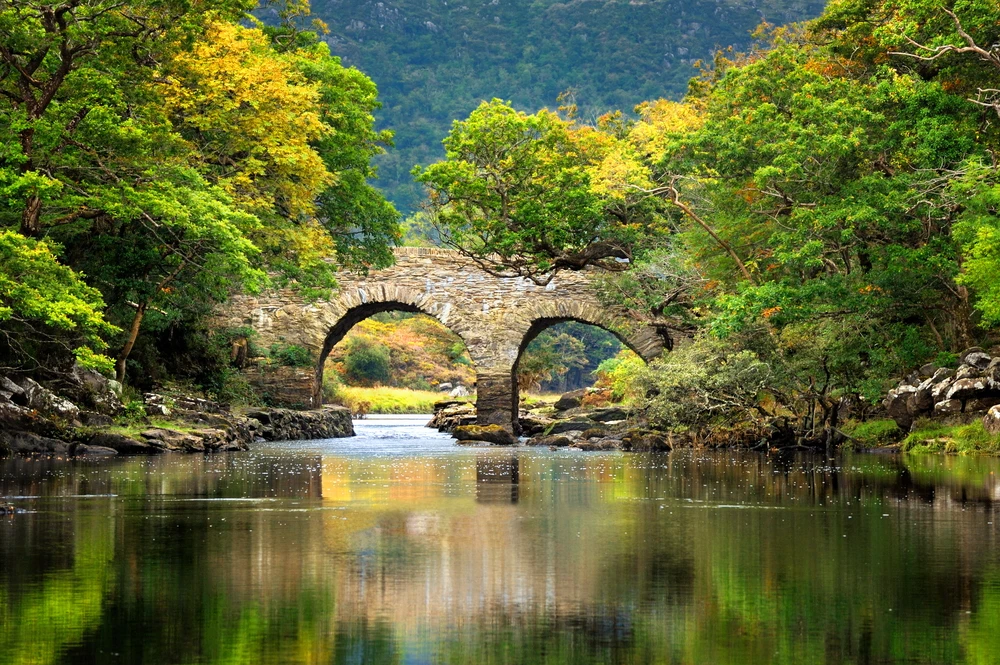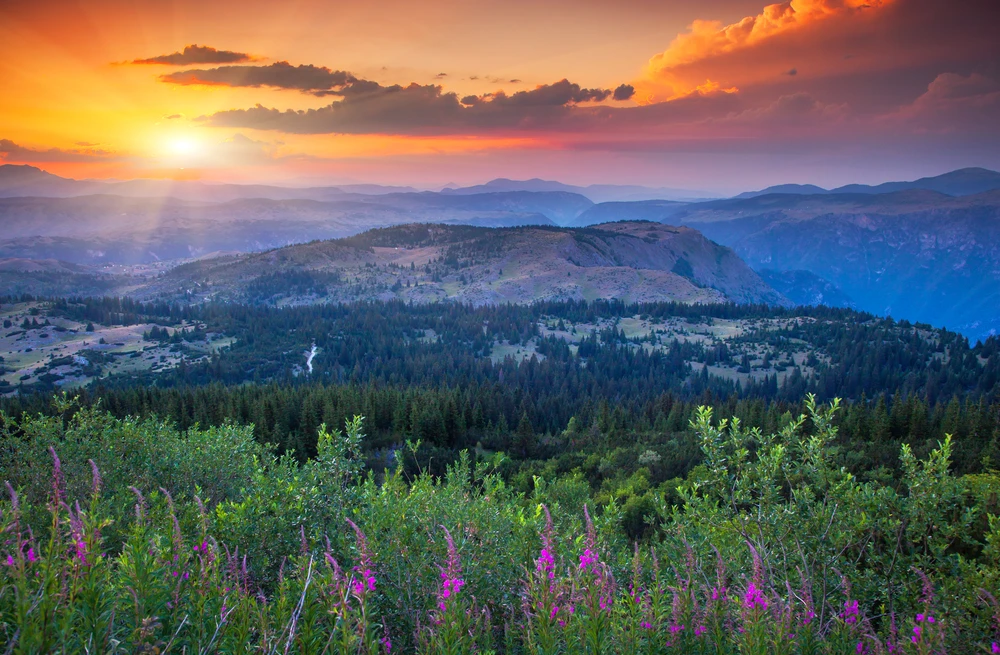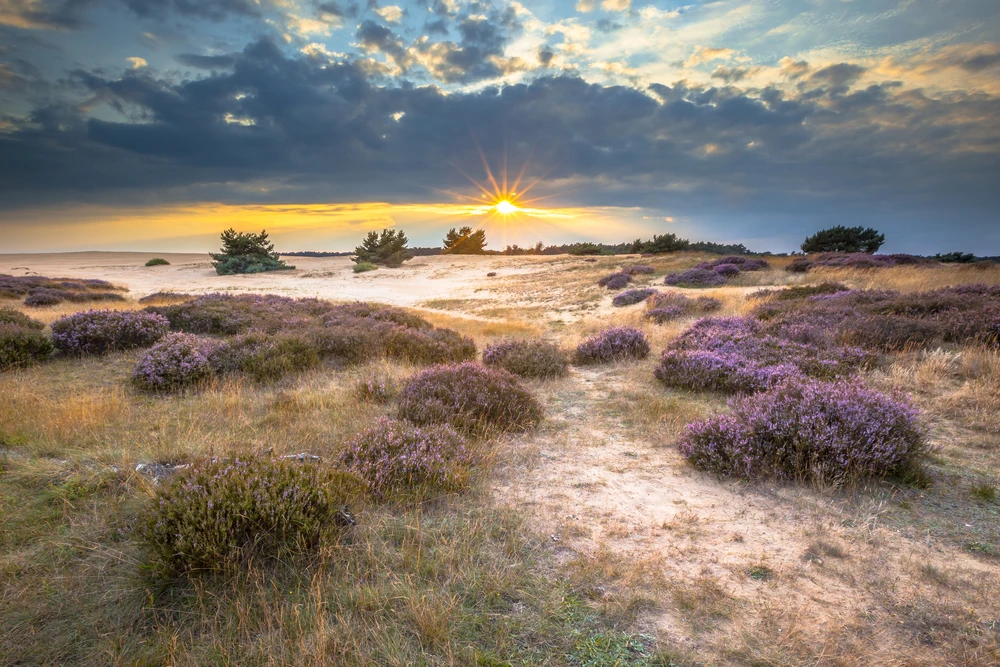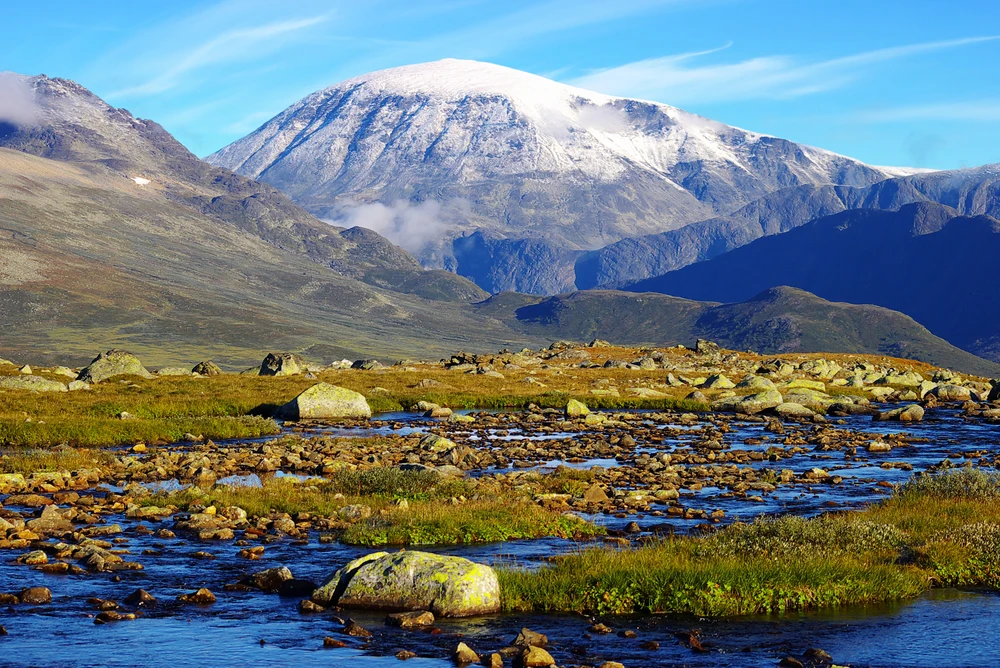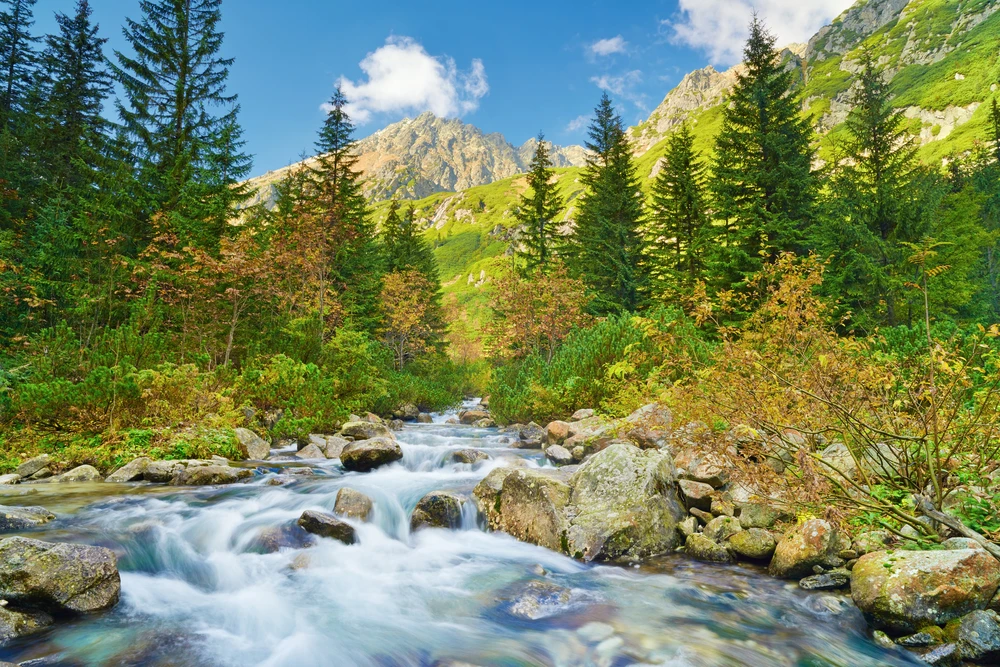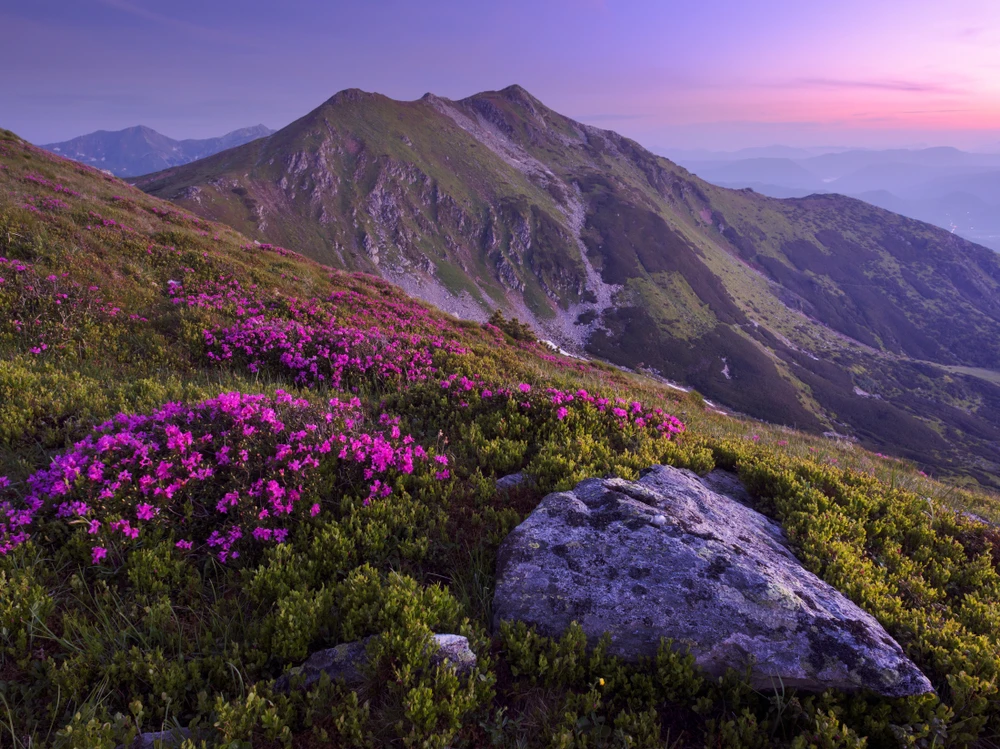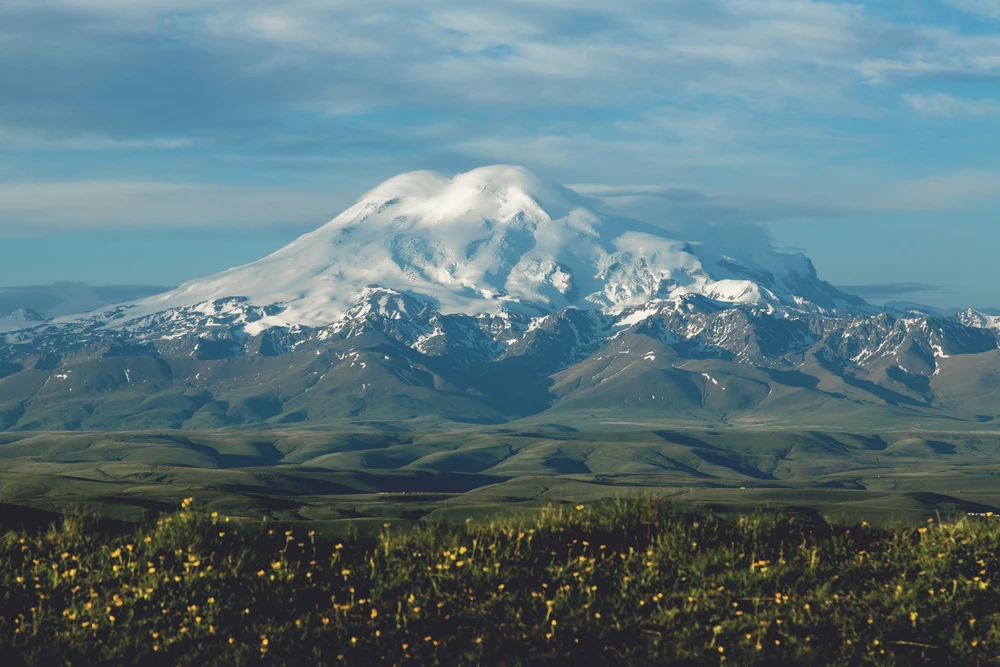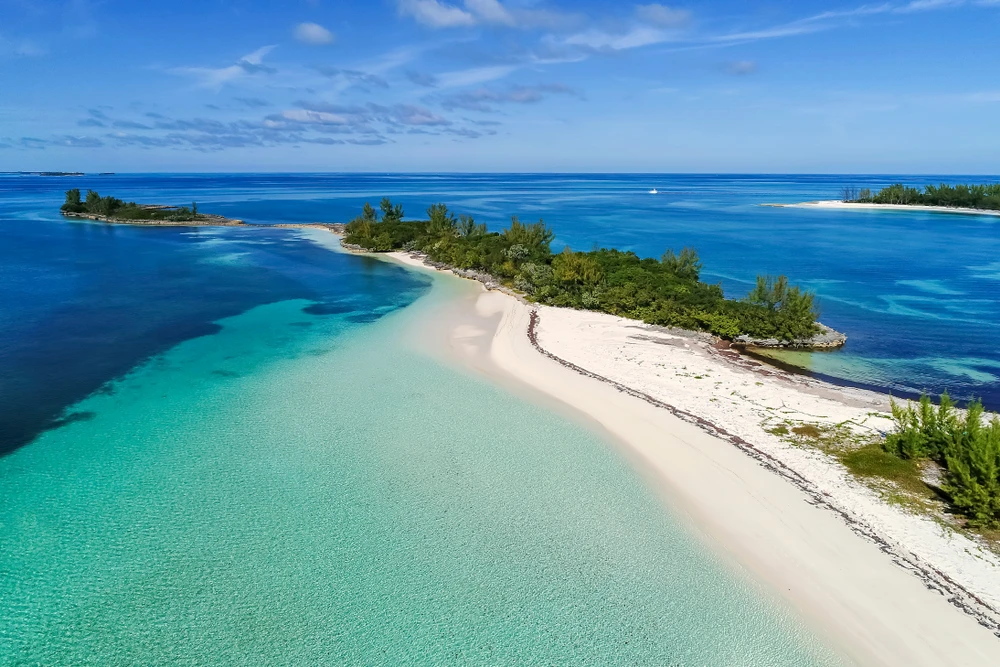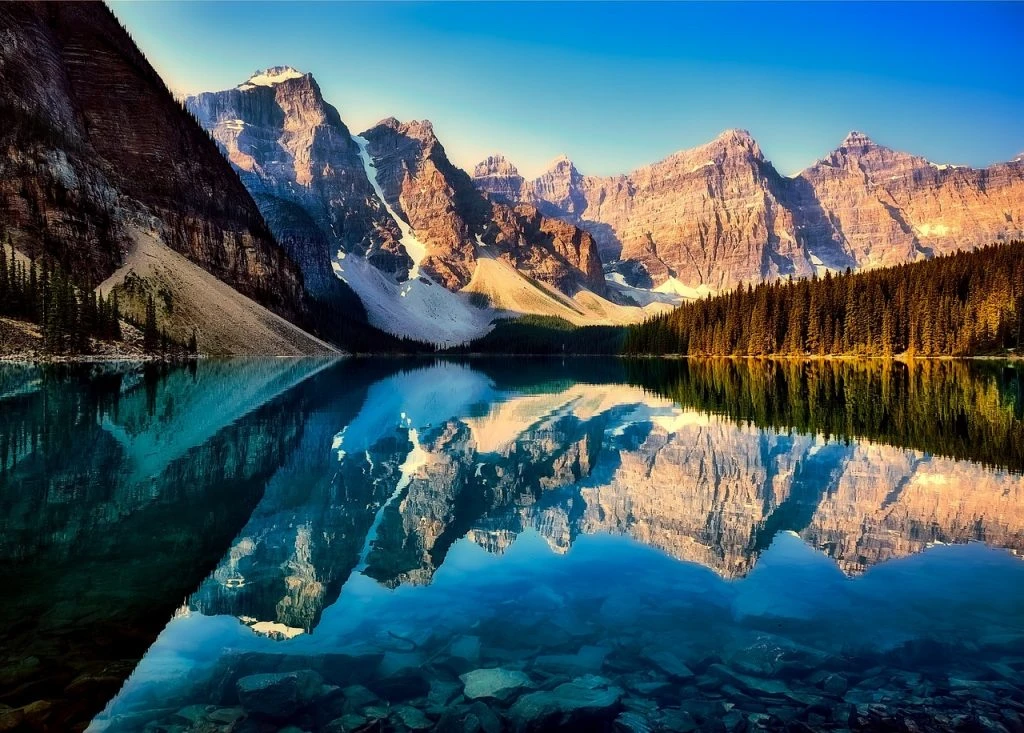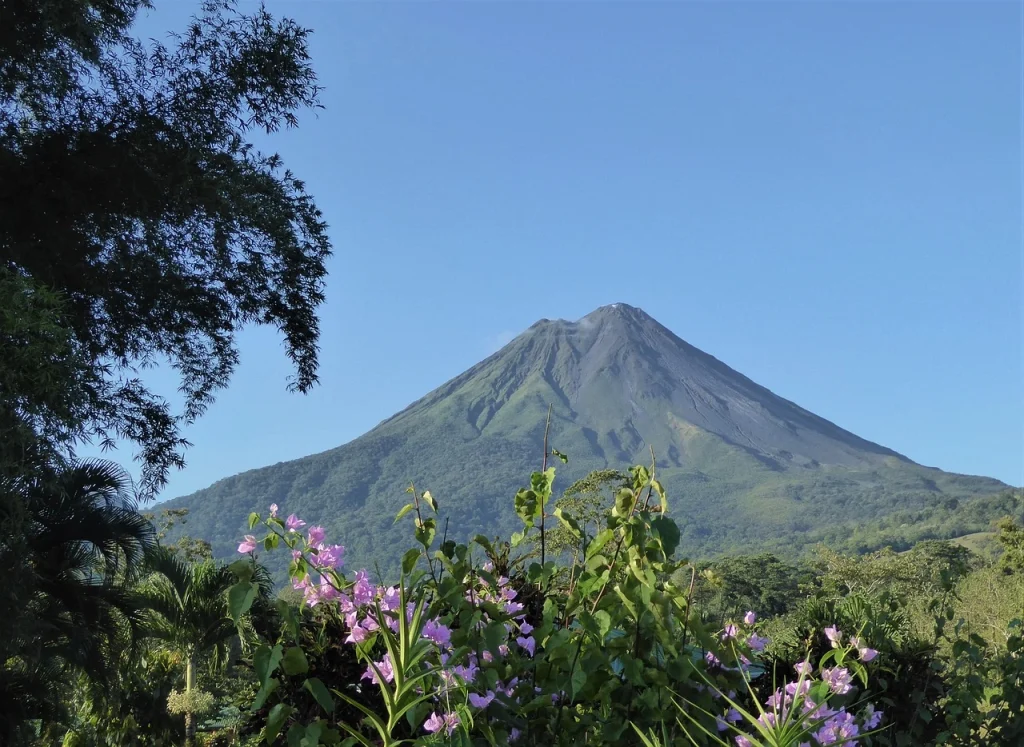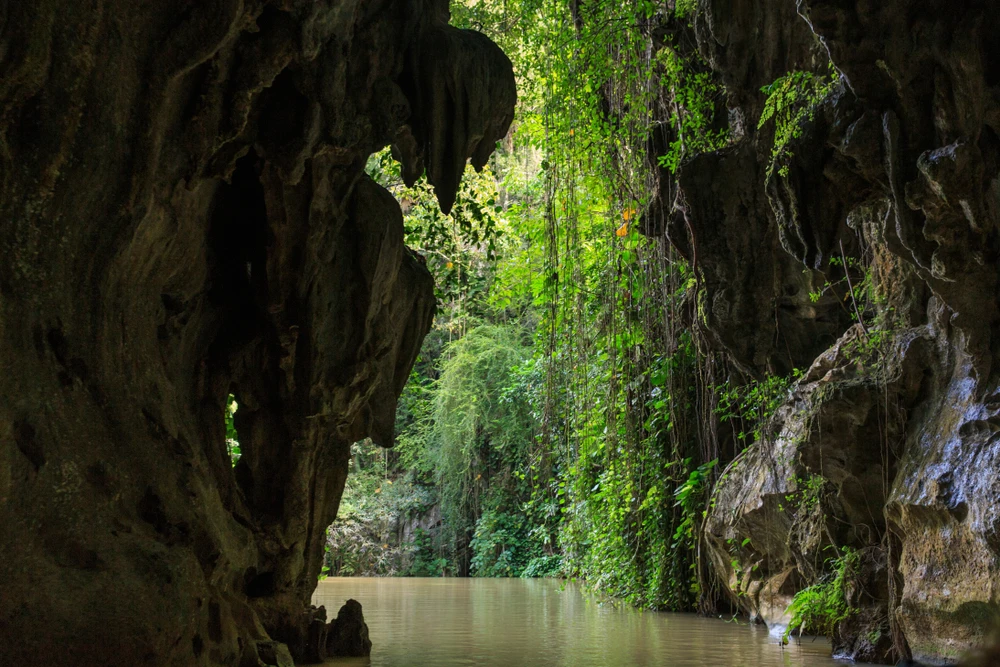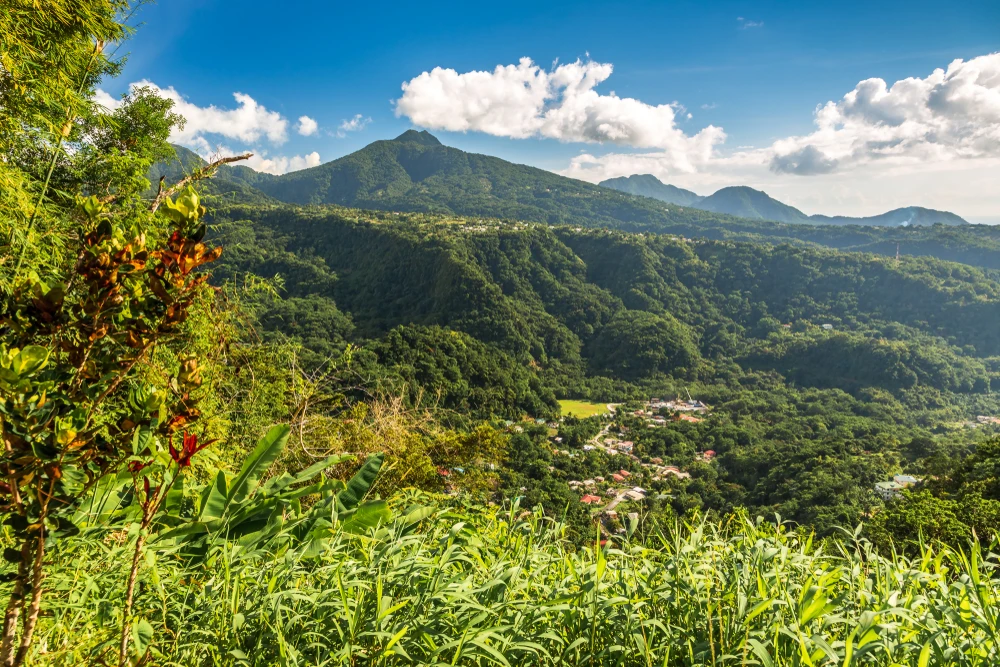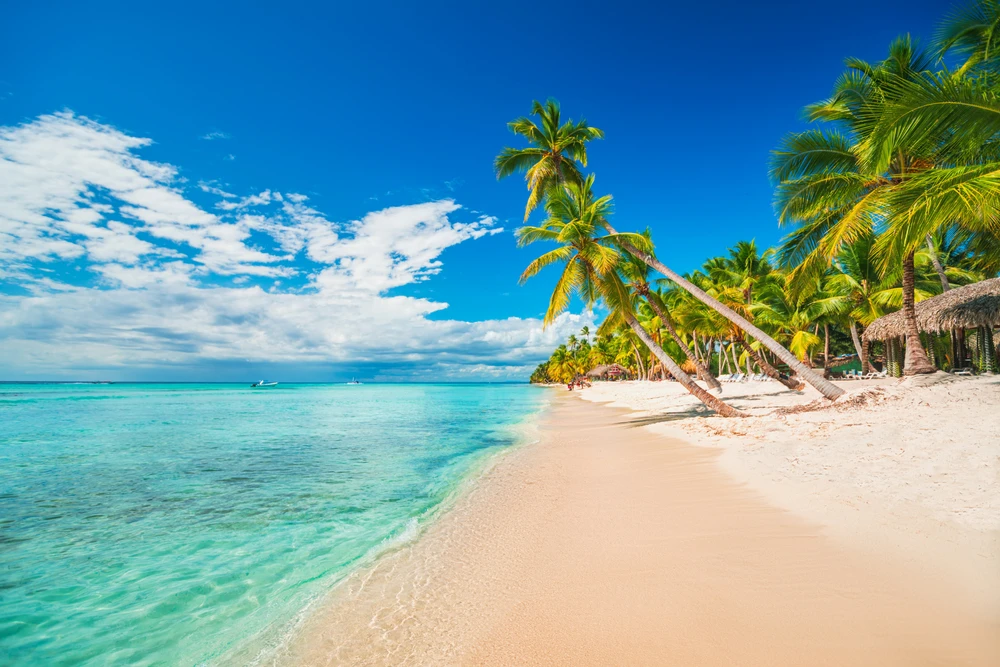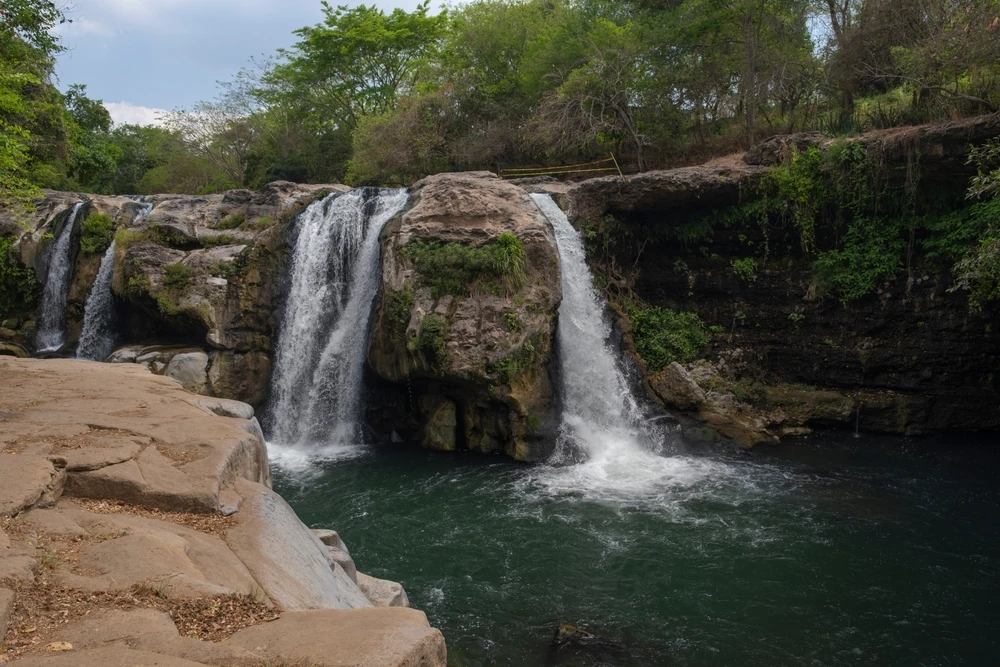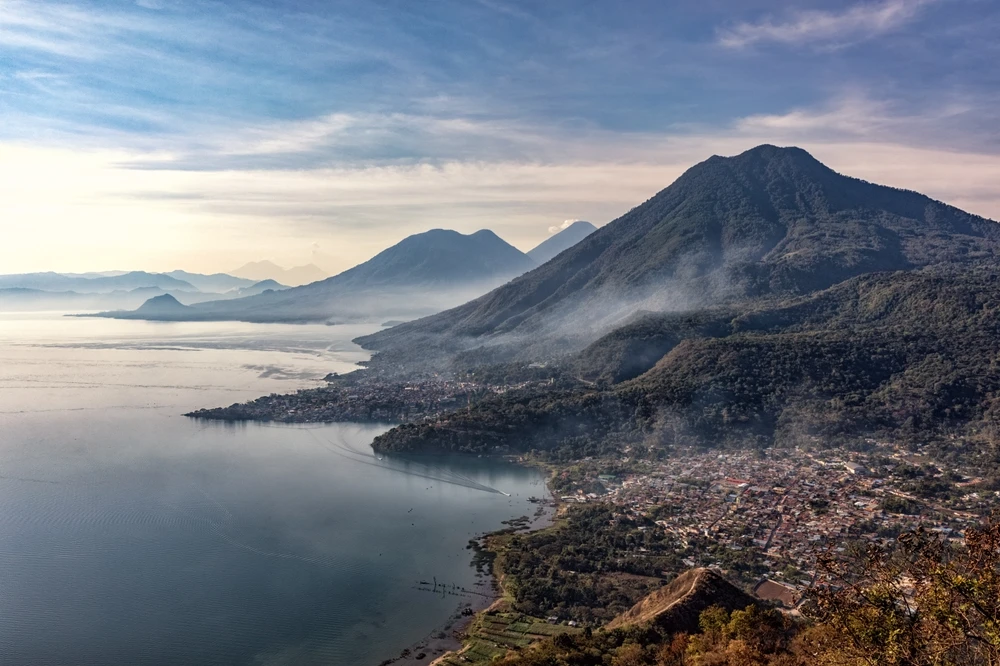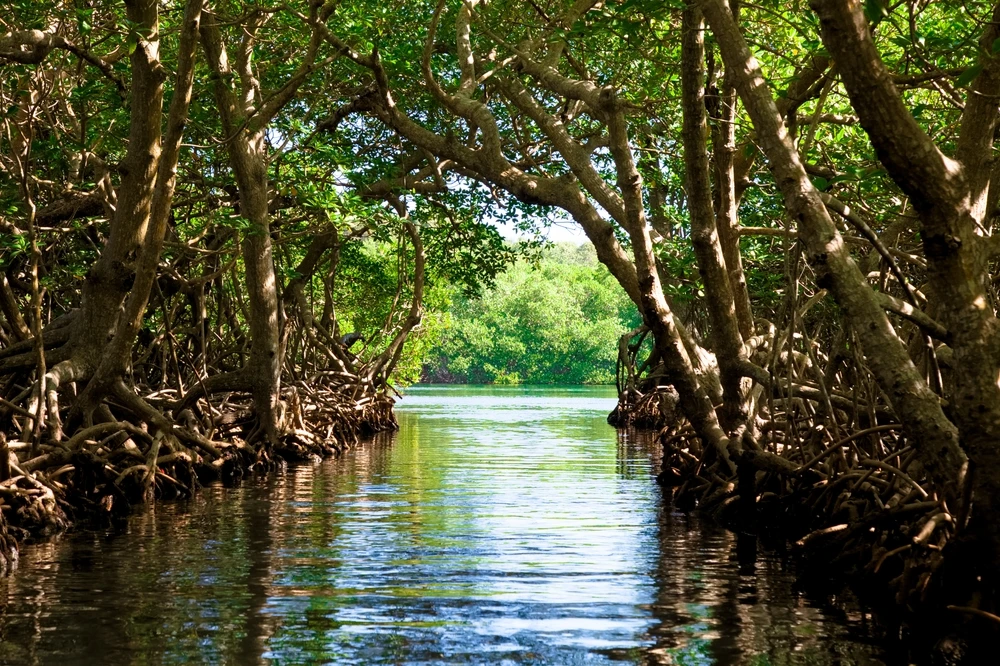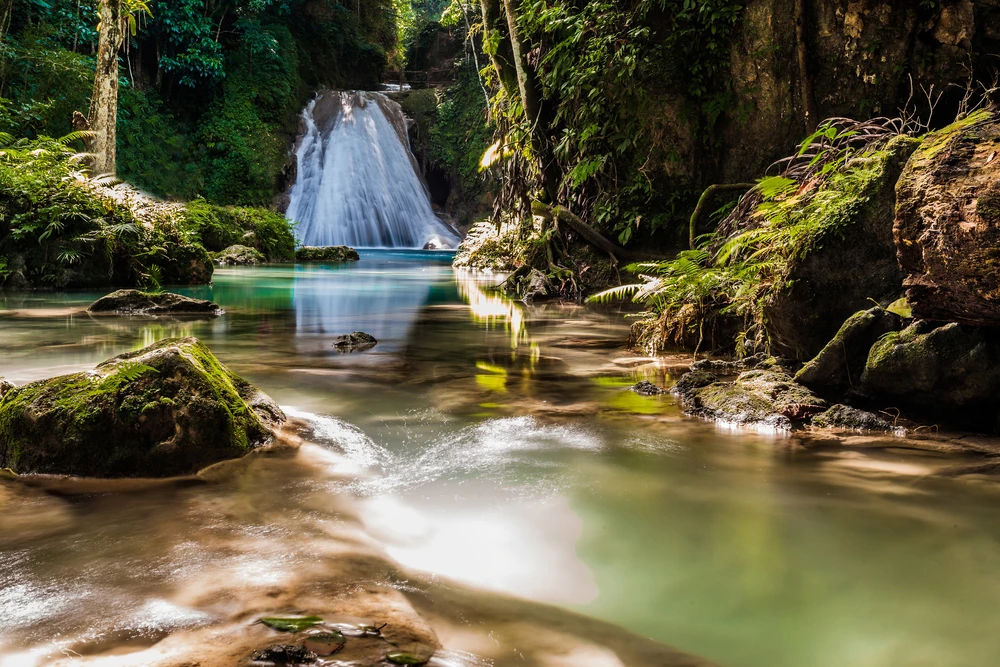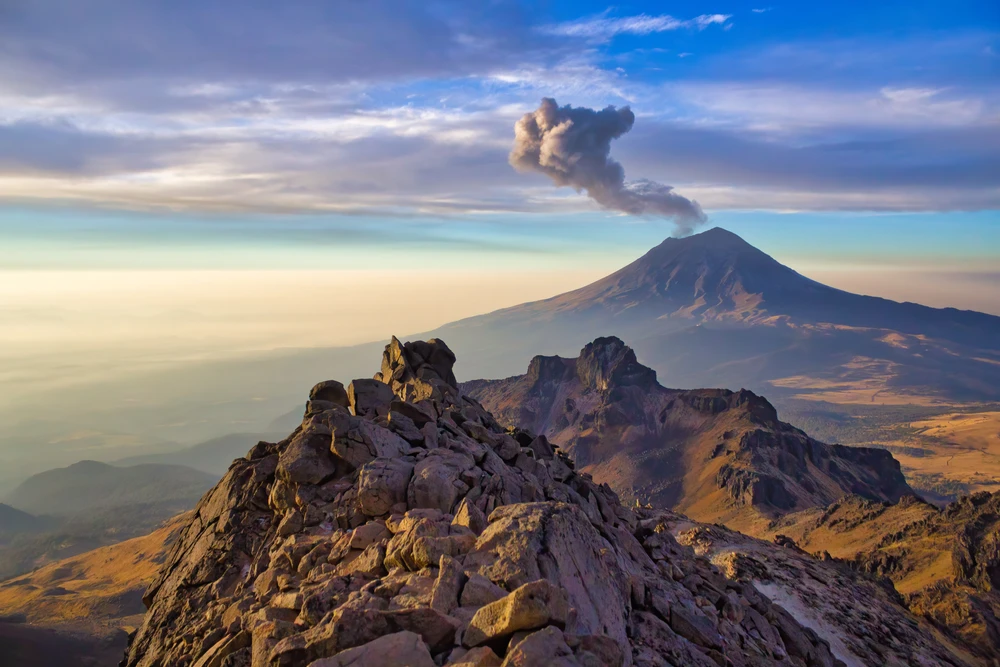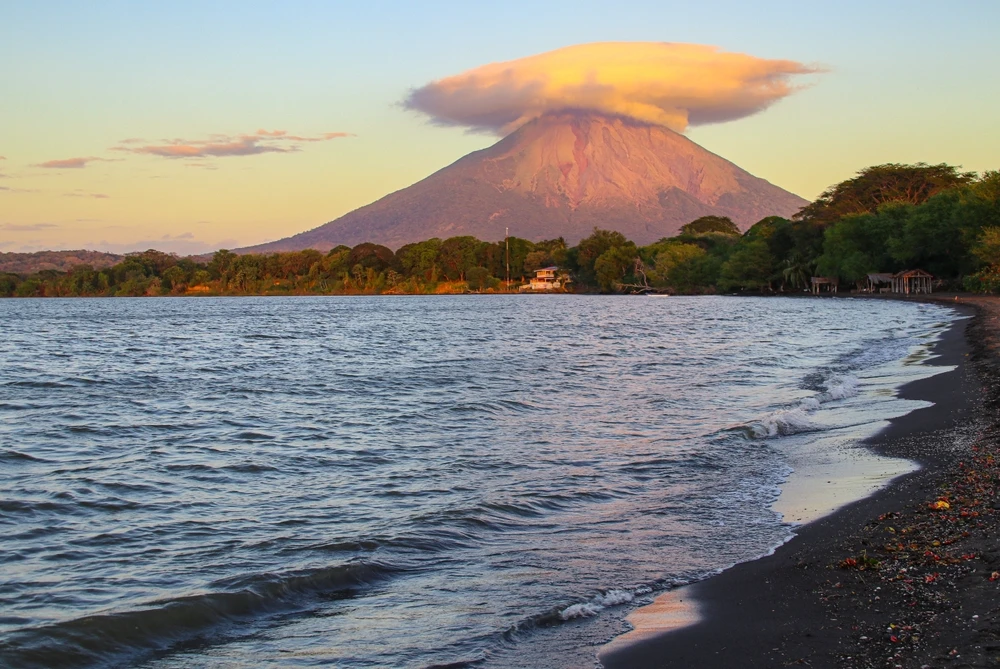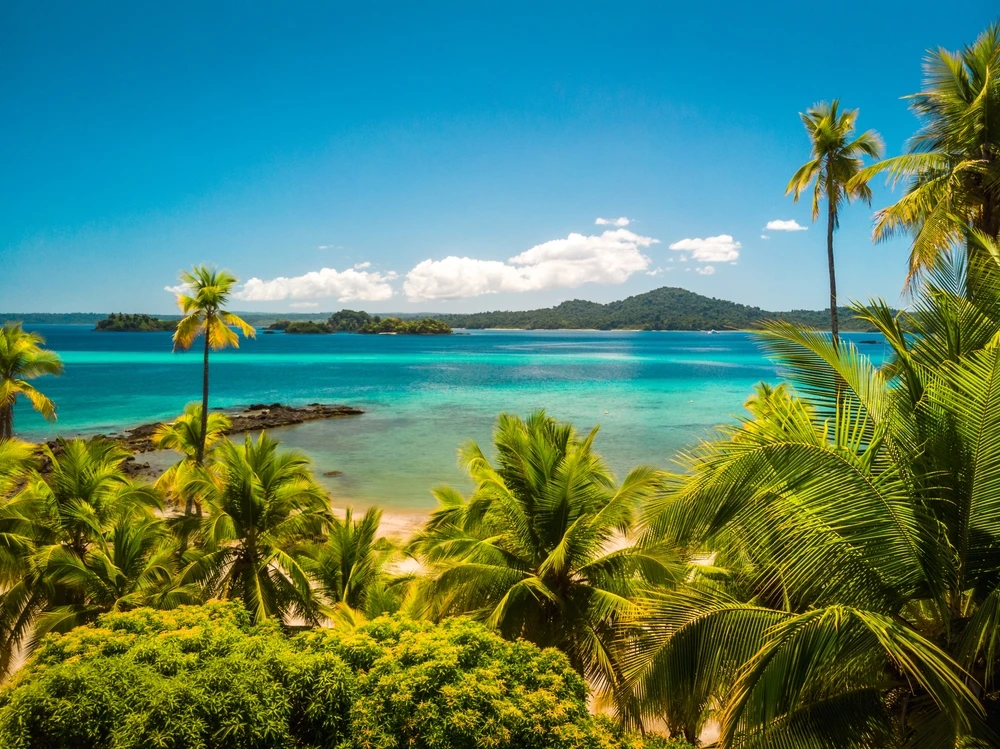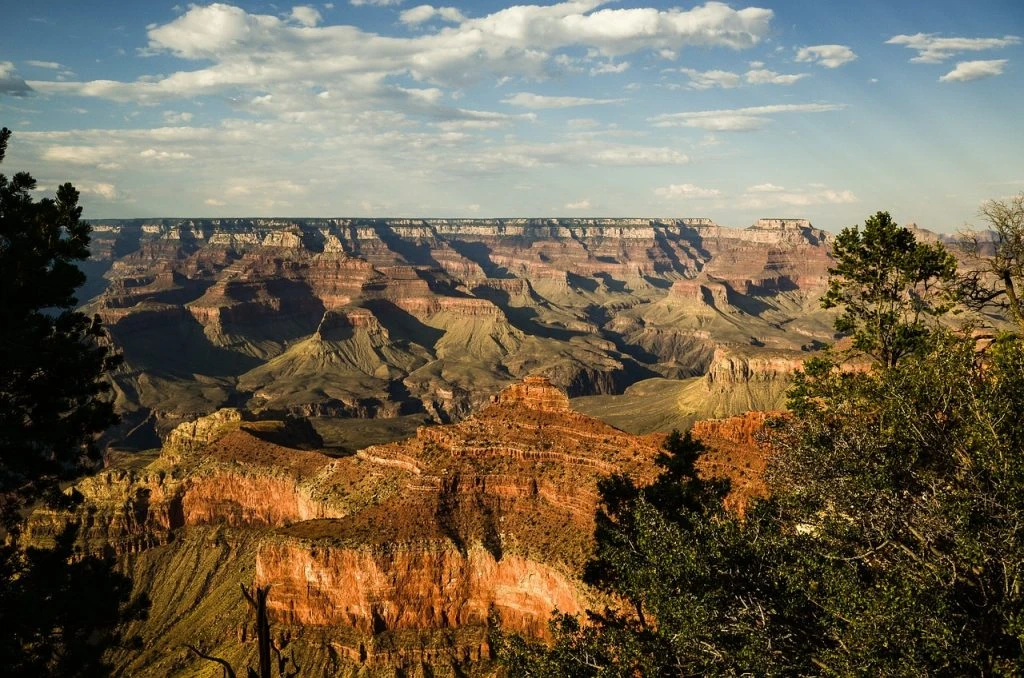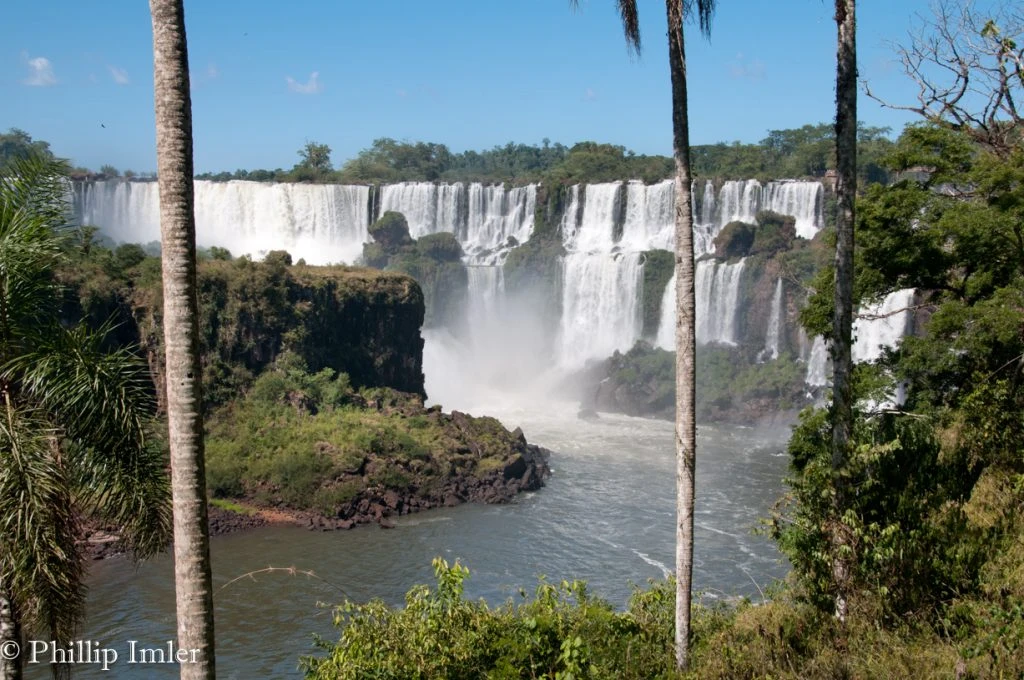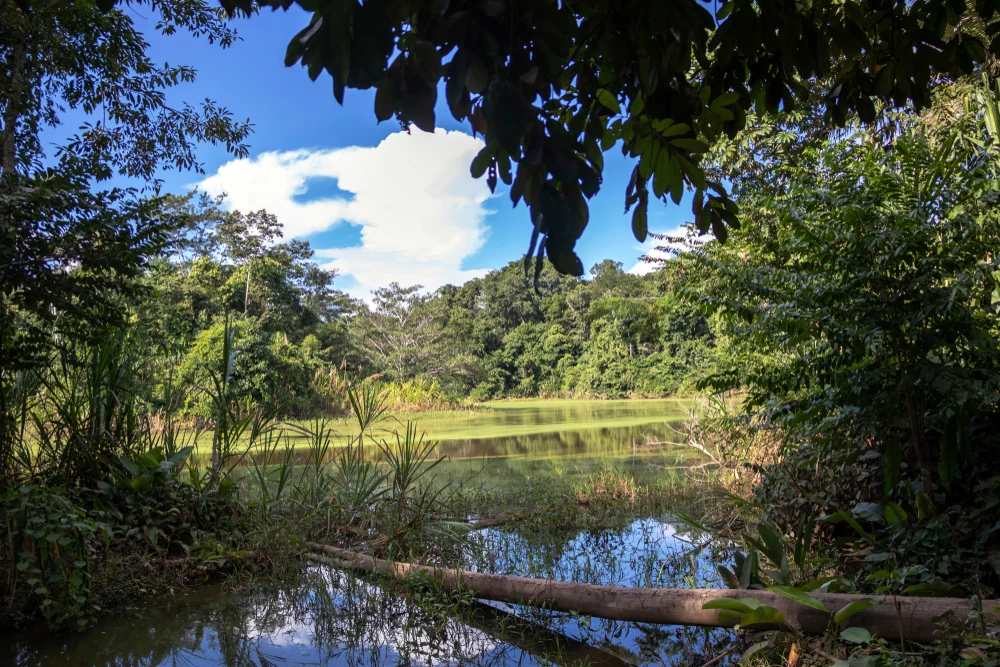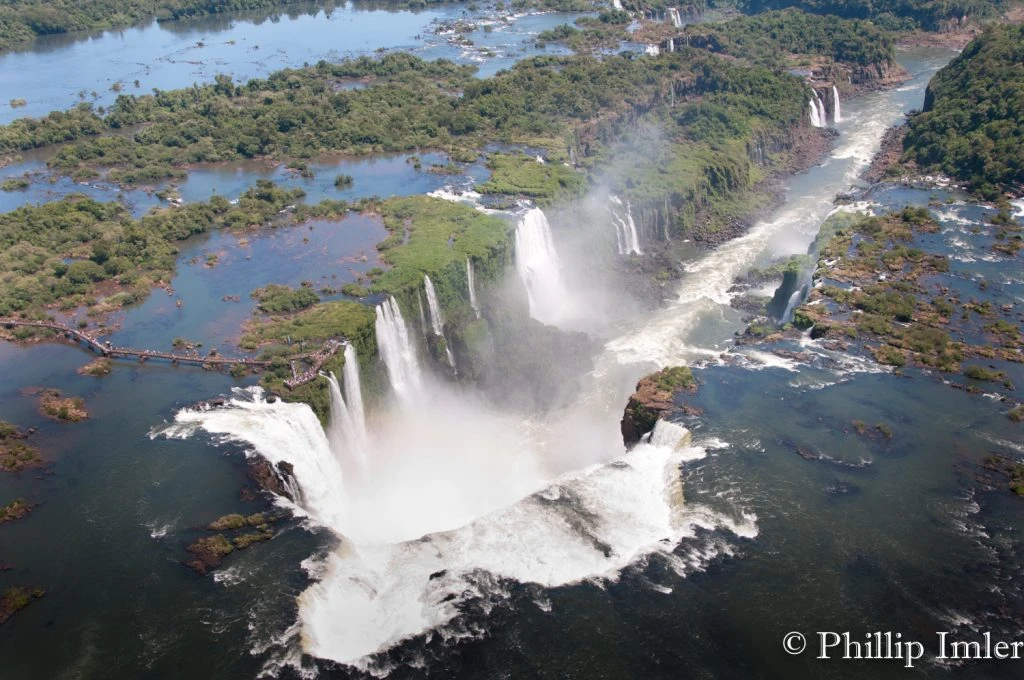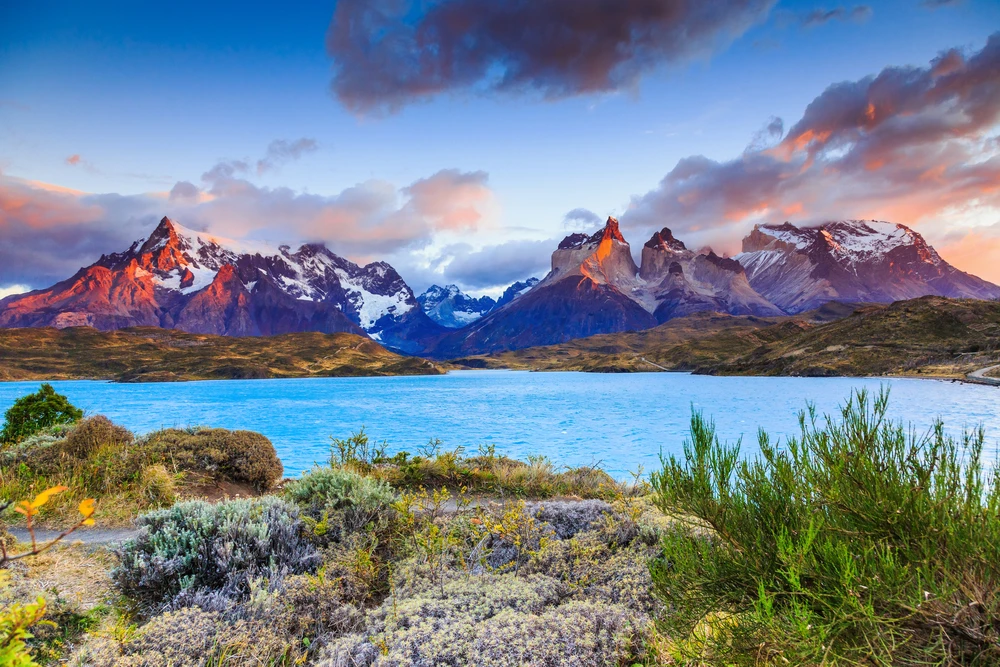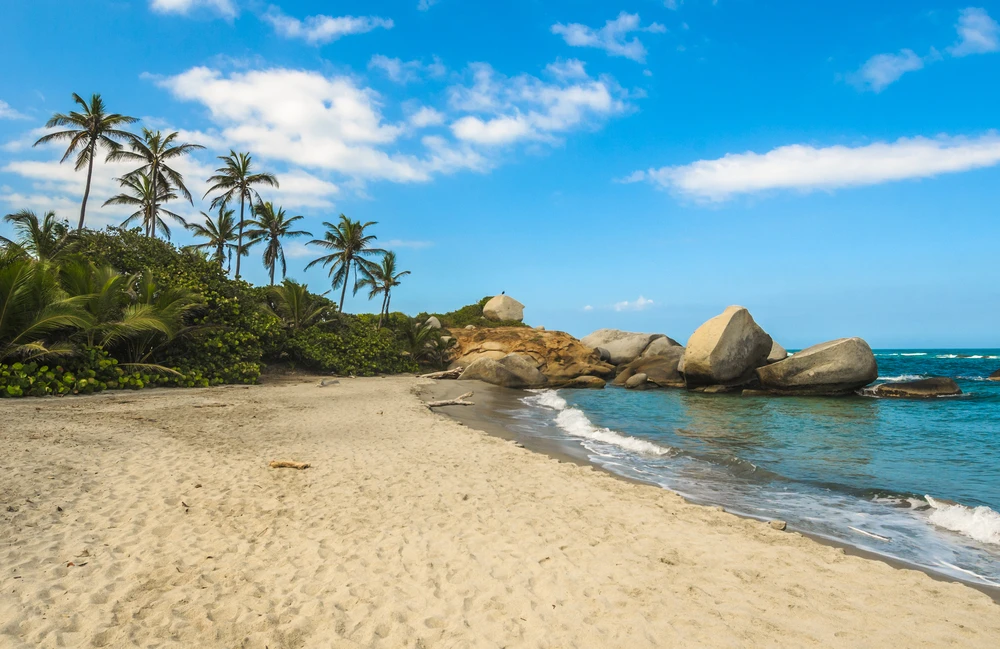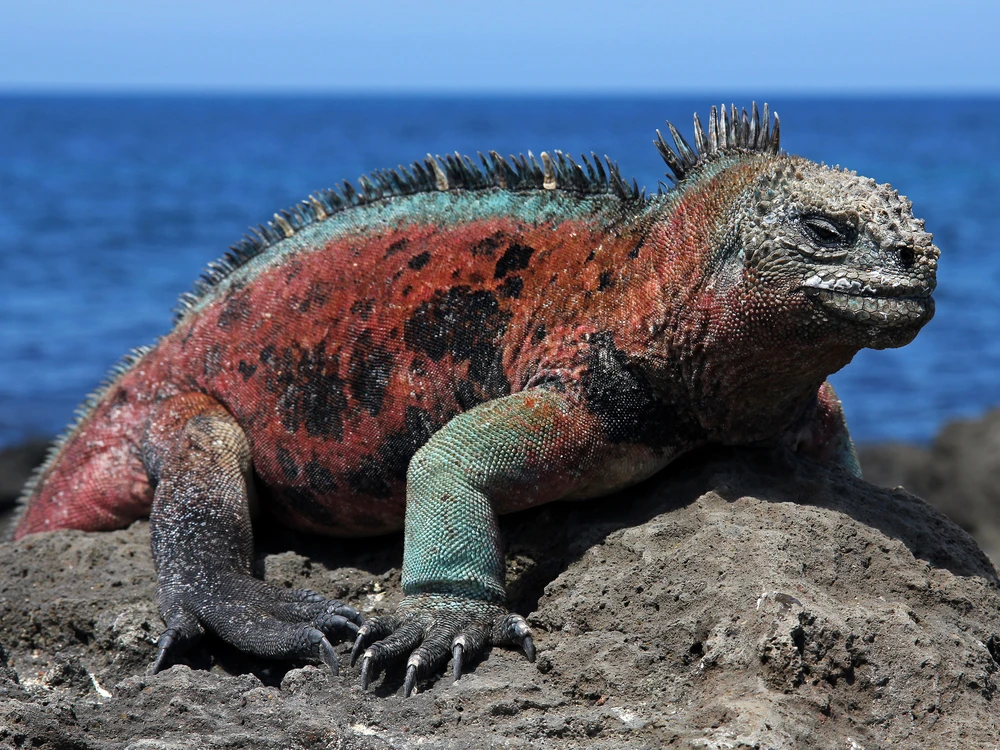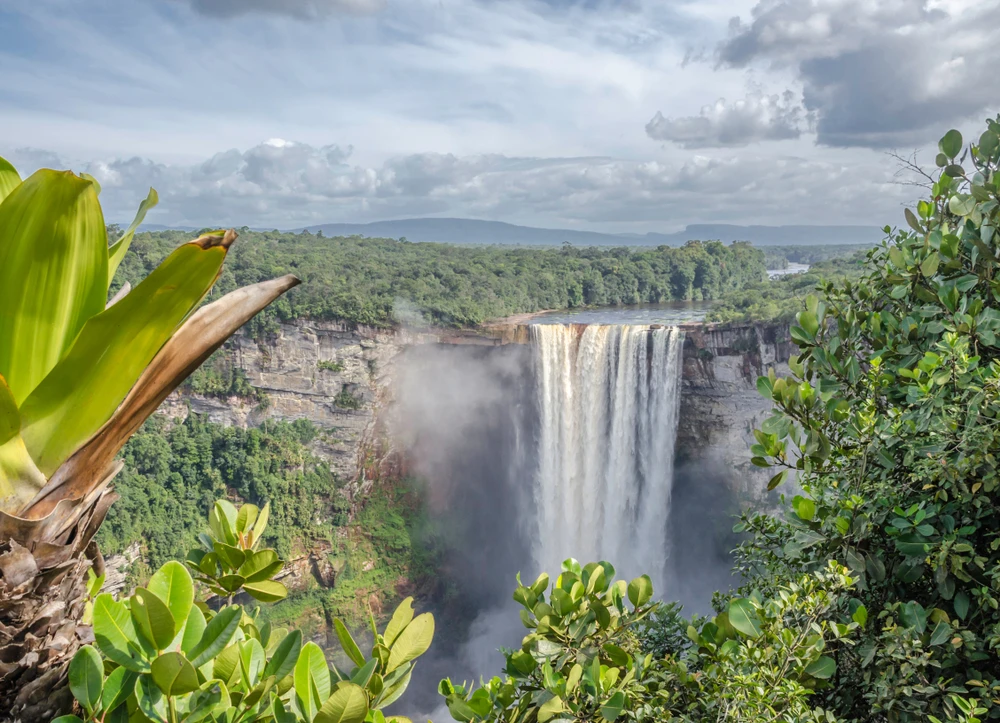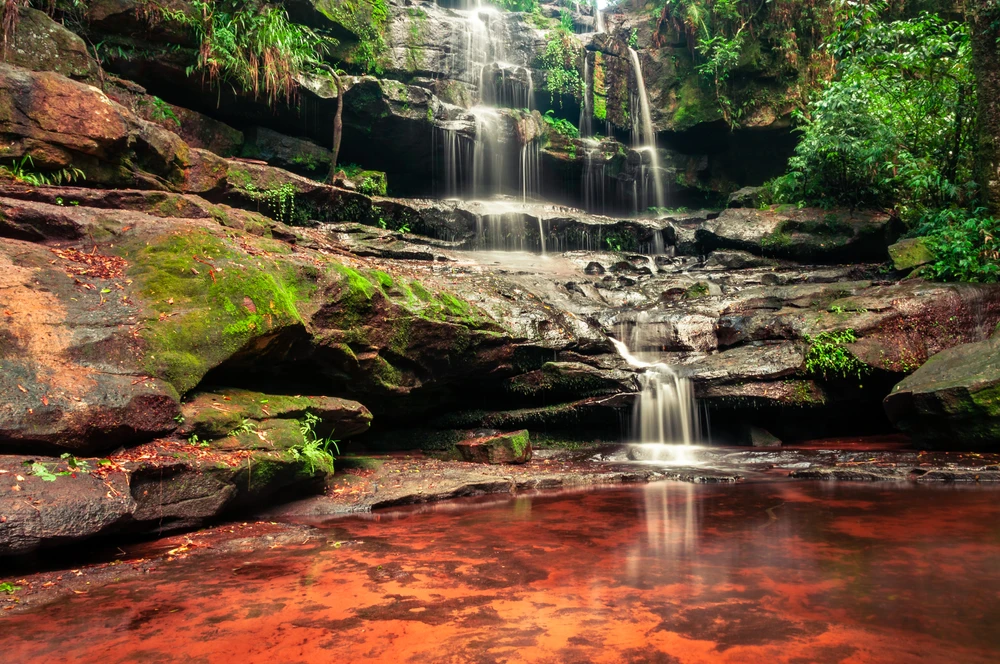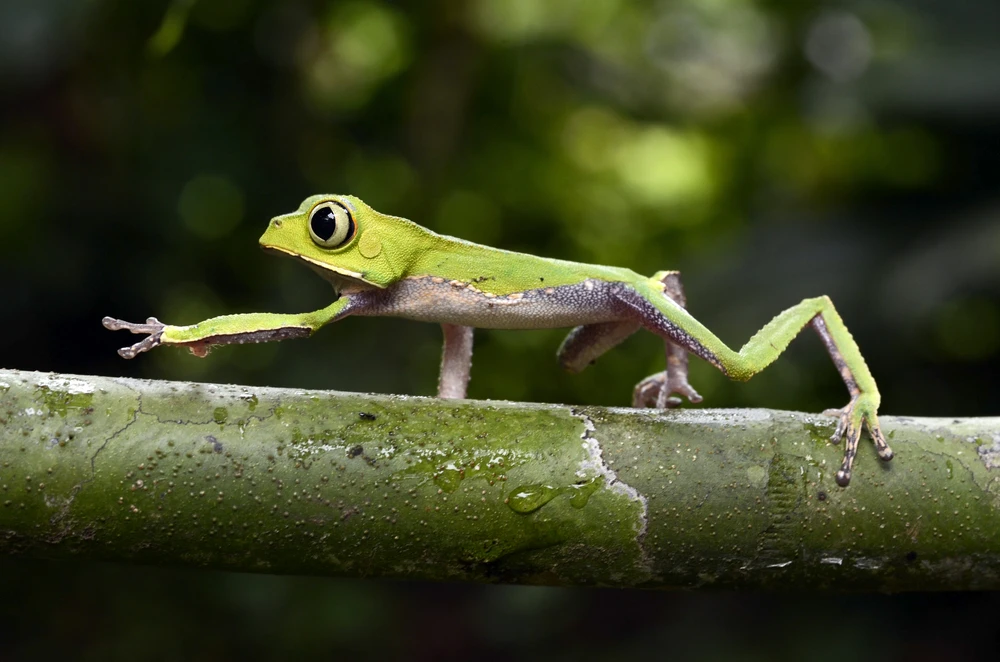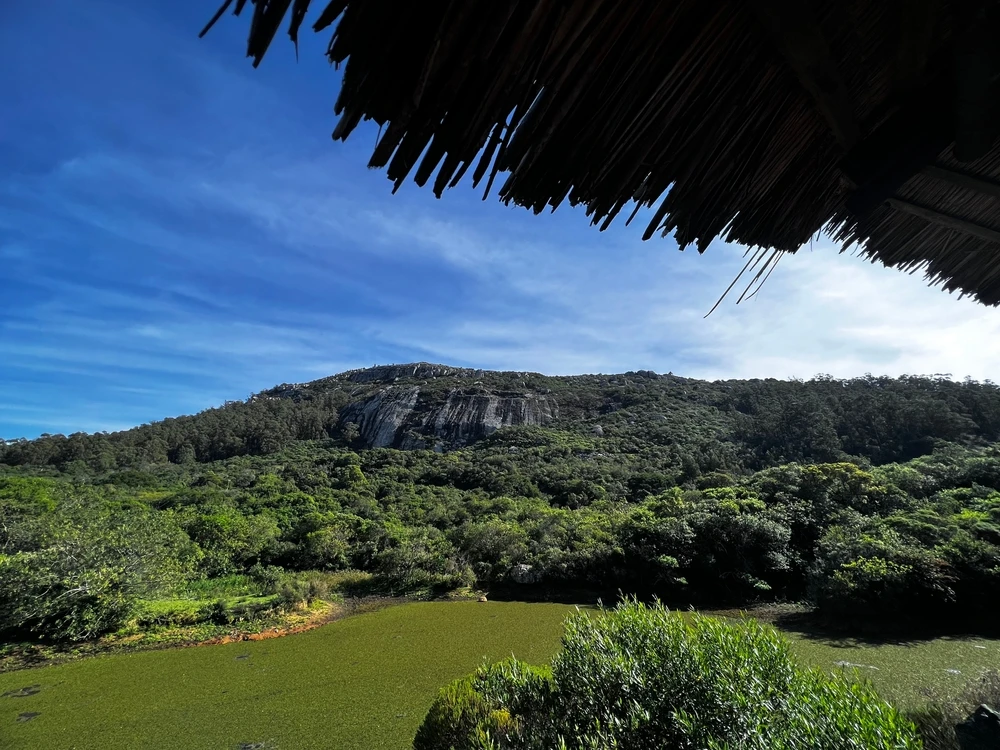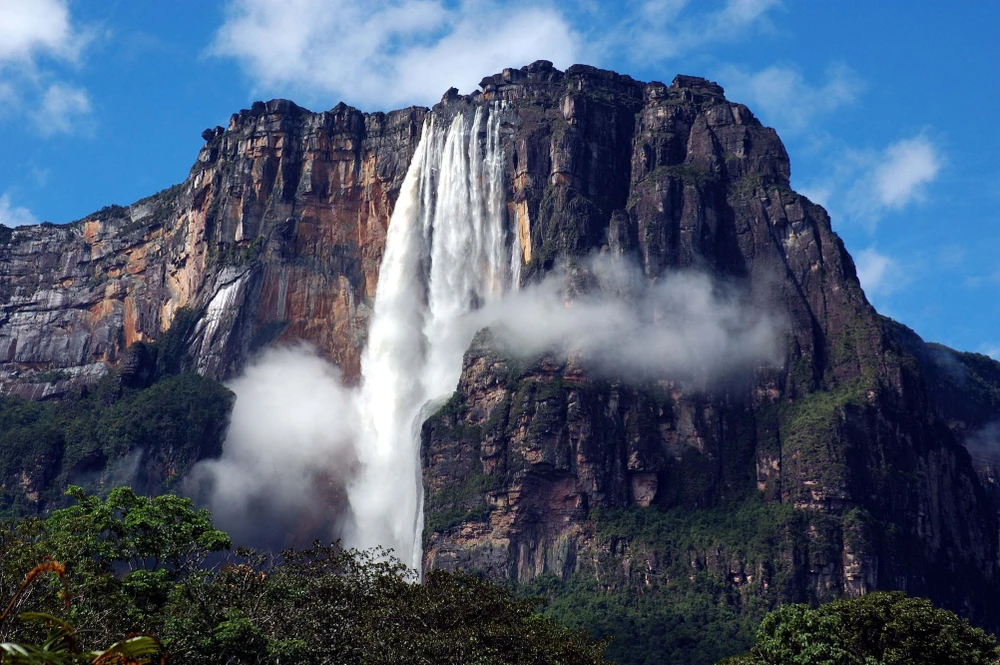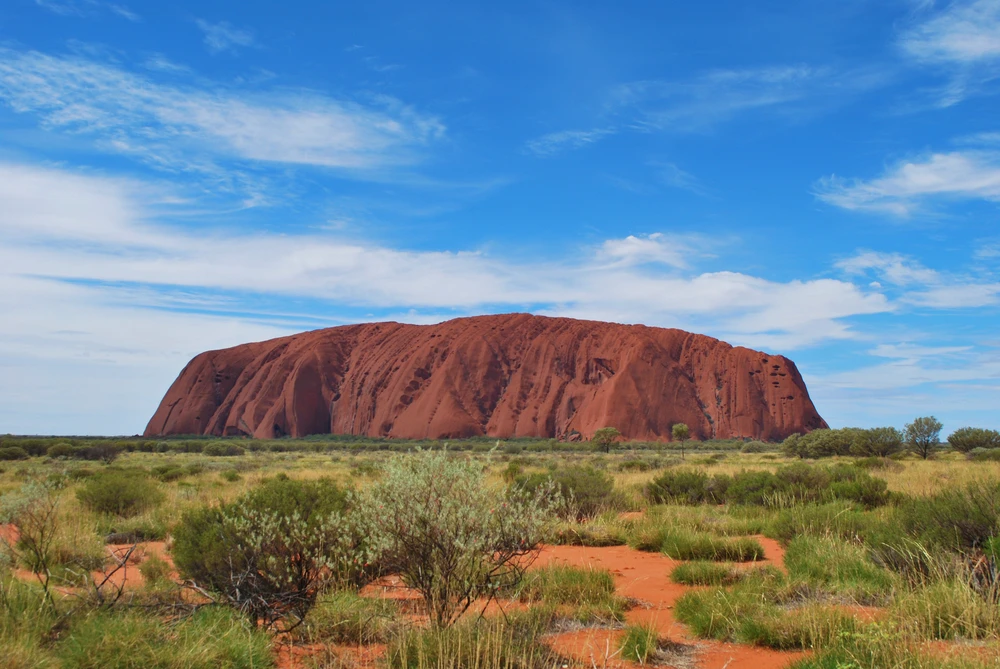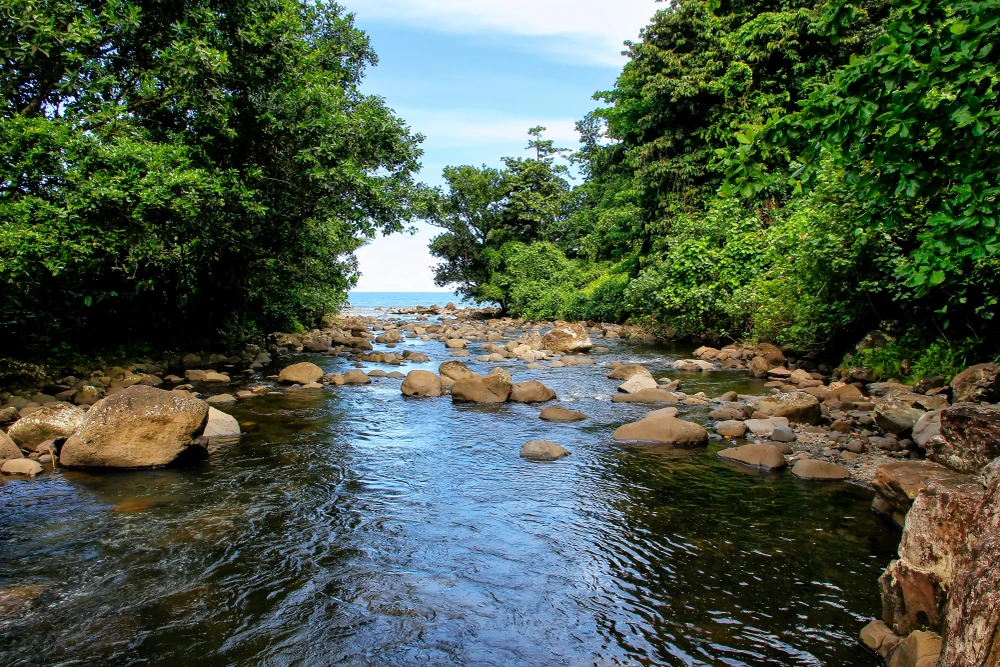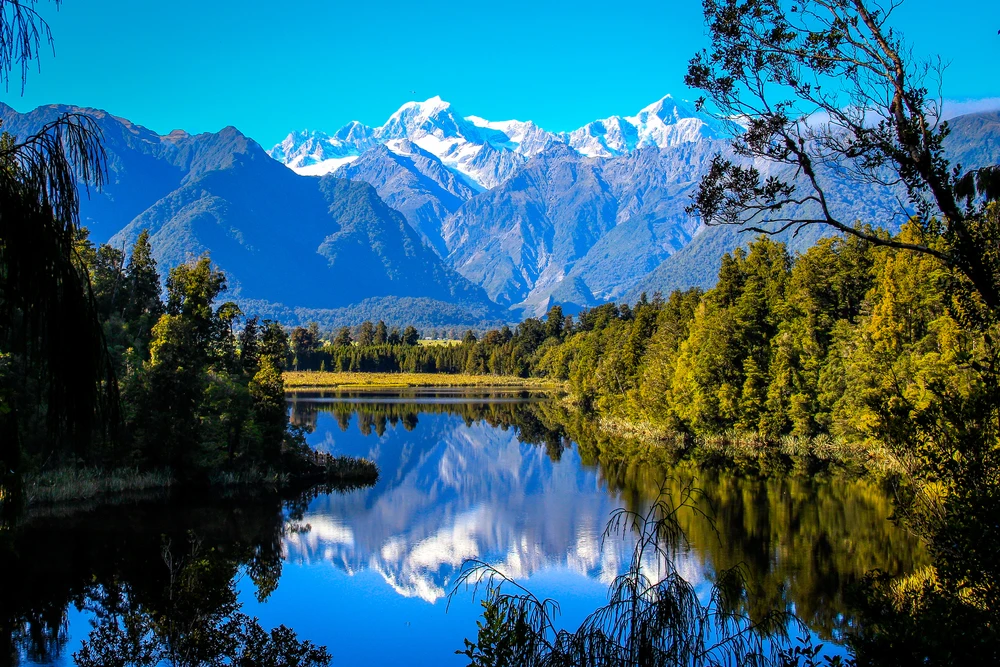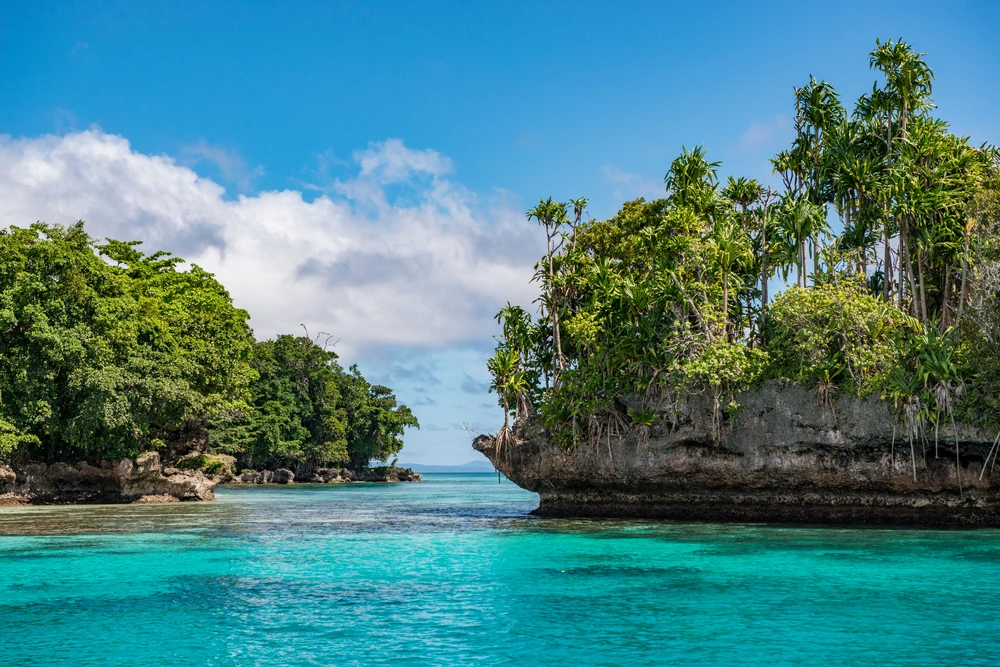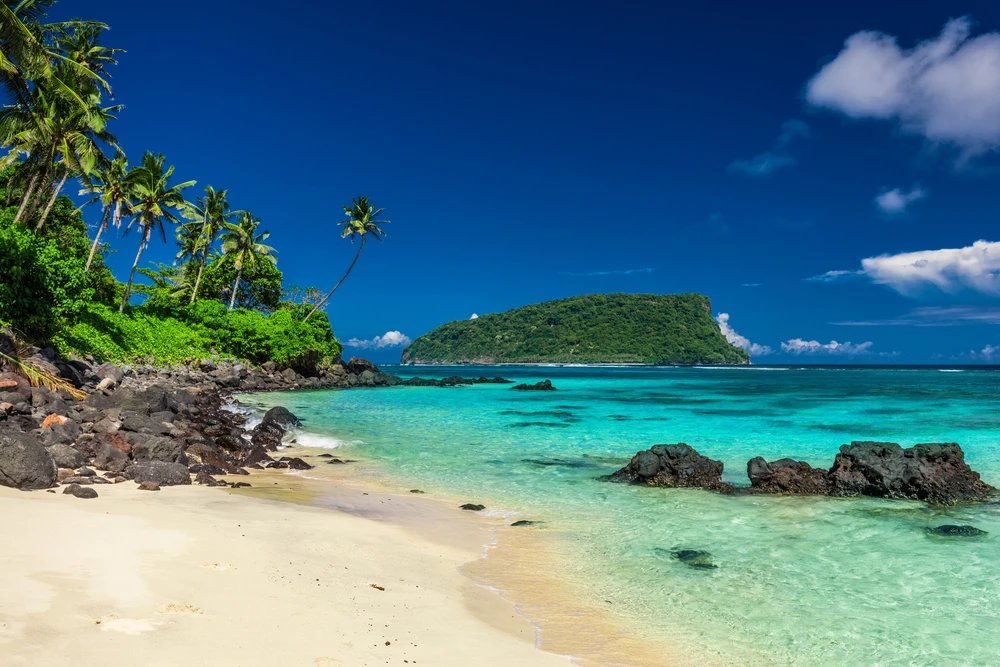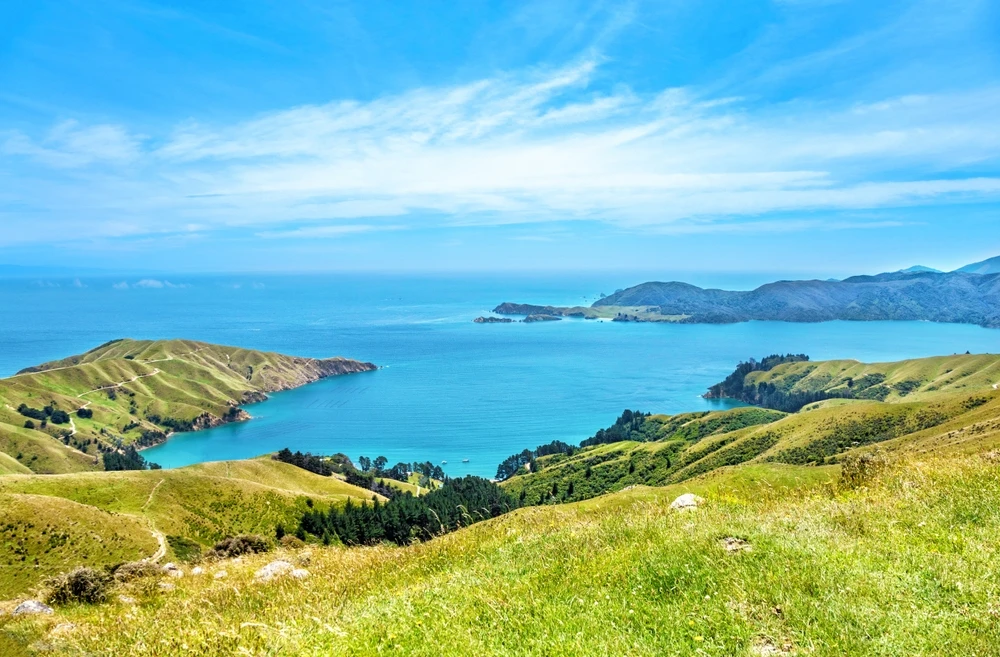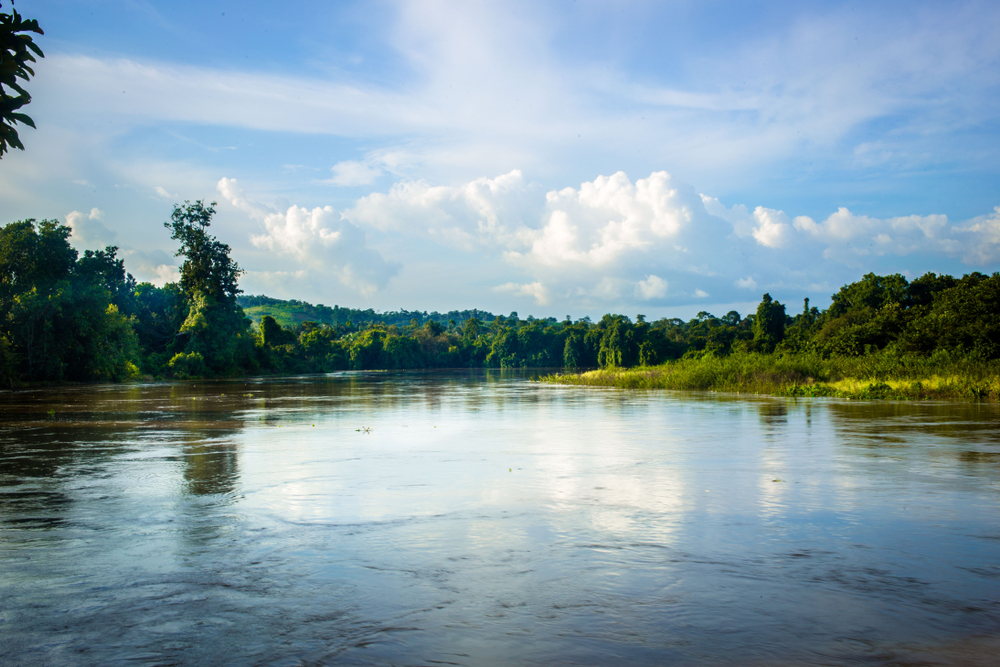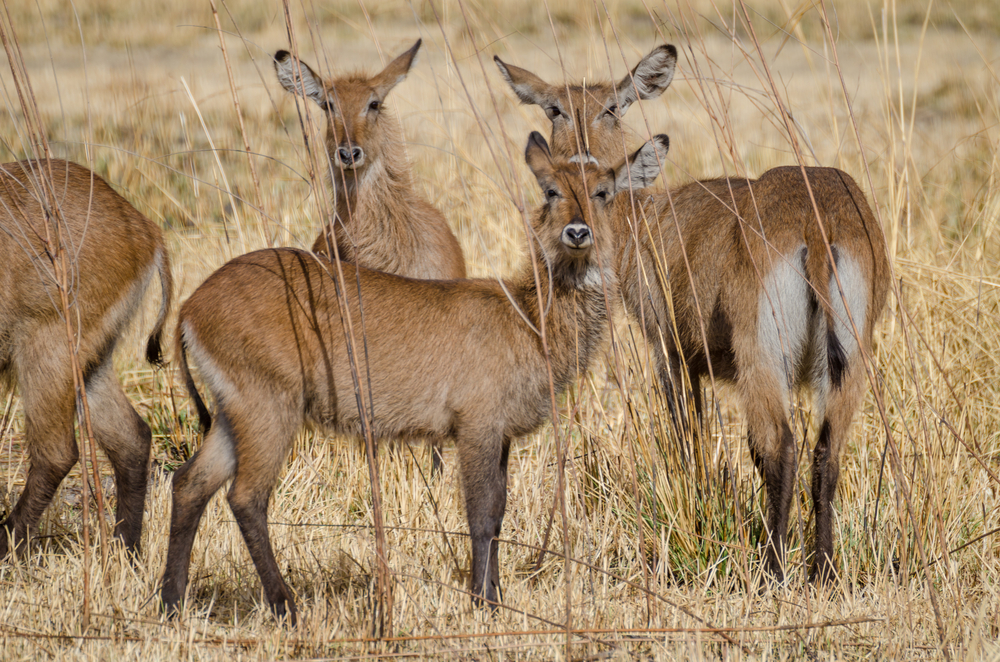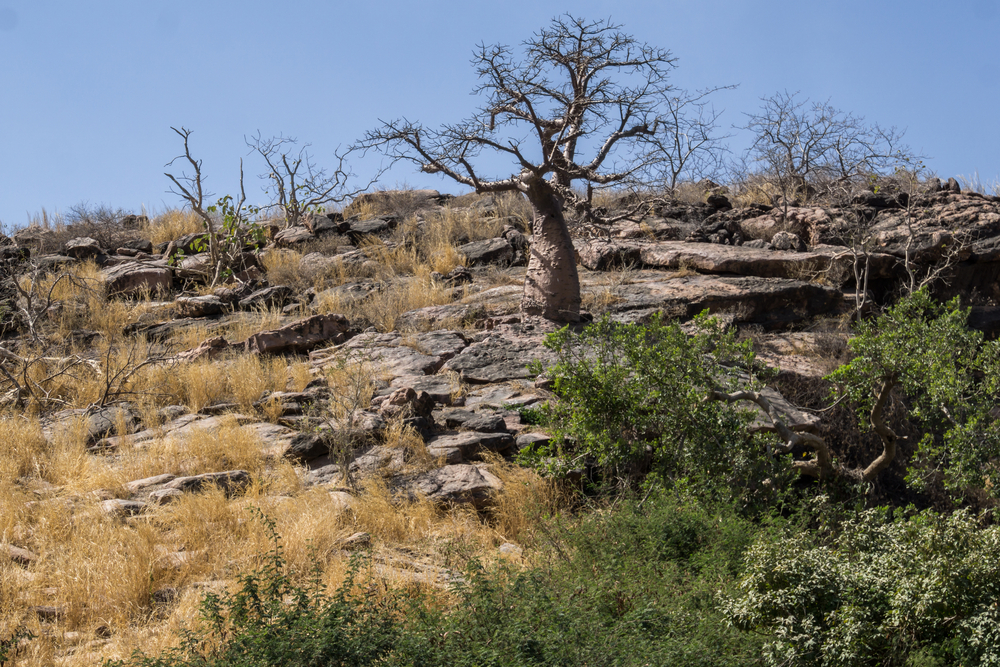Benin, a small West African nation with a rich cultural and ecological heritage, is home to two officially recognized national parks: Pendjari National Park and W National Park of Niger (Benin section). These parks are crucial for conserving the country’s biodiversity, offering sanctuary to some of Africa’s most iconic wildlife species while also supporting global conservation efforts. The landscape of Benin’s parks ranges from savannas and woodlands to rivers and wetlands, creating habitats for a wide variety of species and fostering ecological diversity.
Pendjari National Park, part of the larger W-Arly-Pendjari (WAP) Complex, is Benin’s most renowned park. It spans an area of savanna ecosystems and is a haven for African elephants, lions, cheetahs, and hippos. This park is one of the last remaining strongholds for the critically endangered West African lion. Its landscapes are breathtaking, with rugged hills, seasonal rivers, and vast plains. Pendjari is a UNESCO World Heritage site, making it a prominent destination for eco-tourists and nature lovers.
The W National Park, shared between Benin, Niger, and Burkina Faso, is another vital ecological zone. Named for the W-shaped meanders of the Niger River, this park is characterized by lush wetlands and savannas. It supports a rich diversity of species, including antelopes, buffalos, baboons, and numerous bird species. The park is especially critical for migratory birds, as it provides key stopover points during their journeys.
Benin faces significant conservation challenges in its national parks, primarily due to habitat loss, poaching, and conflicts between human populations and wildlife. Encroachment by agricultural activities and illegal grazing puts pressure on the parks’ resources, threatening the fragile balance of their ecosystems. Poaching remains a concern, particularly for elephants and lions, whose populations are dwindling across the region.
Despite these challenges, Benin has made notable conservation successes. The government has partnered with international organizations and NGOs, such as the African Parks Network, to strengthen anti-poaching measures, enhance park management, and support community-based conservation initiatives. These efforts have led to an increase in wildlife populations in some areas and greater global awareness of Benin’s biodiversity.
Benin’s national parks, though few, are vital in preserving West Africa’s unique ecosystems and species. They represent a blend of natural beauty and conservation urgency, offering both opportunities and responsibilities to the global community. Although one of Africa’s smaller countries, the government of Benin still demonstrates a strong commitment to protecting the natural resources for future generations and the protection of the country’s wildlife.
Scroll down for a List of National Parks in Benin

